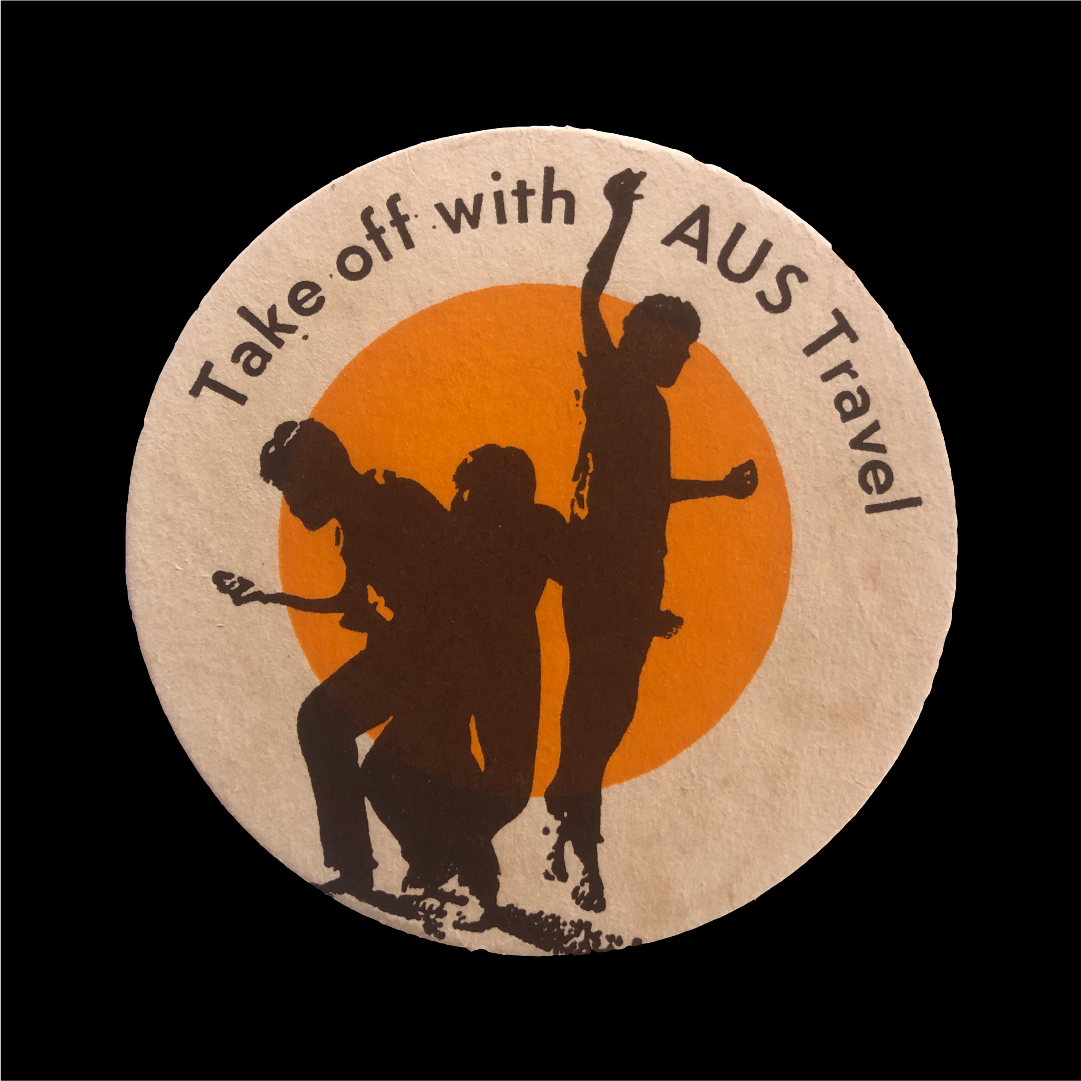Drinks with mates

03 May 2020
A selection of coasters with accompanying text by Kelly Fliedner and Robert Wood
Today we’re thinking about walking by the Derbarl Yerrigan, about riding the bus, about watching the footy. We’re thinking about cinnamon scrolls at North Street Store, about sitting inside that cafe while we drink that coffee, about standing in a crowd. We’re thinking about Cool Change Contemporary, about the Art Gallery, and when the new Museum opens up. We’re thinking about picnics in Kings Park, about exhibition openings and artist talks, about shaking hands and giving hugs. We’re thinking about PICA's beer garden, and hot chips, and cold beers. We’re thinking about drinks with mates.
—
Below is a series of coasters found in the family shed during pandemic isolation. They make up a small percentage of a large collection gathered by John Wood (father of Robert) between the late ‘60s and the late ‘80s. They are from pubs and clubs, hotels and motels, golf courses and wineries. They start from his days as an undergrad student at UWA and trace various gigs and positions on the east coast, and finally following him back home via cross-country train, The Indian Pacific. They offer an insight into the material culture of everyday life then and there, and now provide a sense of nostalgia when pubs are closed, the word quarantini has entered the lexicon, and Friday night drinks exist through blue light and black mirrors. There are interesting aesthetic elements with illustrations in bold geometric shapes and grainy textures, a mix of classic and contemporary typeface, hotel names in quotation marks, mission brown and living room orange and saturated neons. They highlight how advertising so often instrumentalises nationalism as well as regional pride, and present a cross-section of social and community tastes and perspectives, including some anachronistic racist and misognynist stereotypes. What emerges is a portrait of a time and place through an everyday object that was ephemeral and yet endures as part of wider cultural trends and aesthetic sensibilities.
—
—
Below is a series of coasters found in the family shed during pandemic isolation. They make up a small percentage of a large collection gathered by John Wood (father of Robert) between the late ‘60s and the late ‘80s. They are from pubs and clubs, hotels and motels, golf courses and wineries. They start from his days as an undergrad student at UWA and trace various gigs and positions on the east coast, and finally following him back home via cross-country train, The Indian Pacific. They offer an insight into the material culture of everyday life then and there, and now provide a sense of nostalgia when pubs are closed, the word quarantini has entered the lexicon, and Friday night drinks exist through blue light and black mirrors. There are interesting aesthetic elements with illustrations in bold geometric shapes and grainy textures, a mix of classic and contemporary typeface, hotel names in quotation marks, mission brown and living room orange and saturated neons. They highlight how advertising so often instrumentalises nationalism as well as regional pride, and present a cross-section of social and community tastes and perspectives, including some anachronistic racist and misognynist stereotypes. What emerges is a portrait of a time and place through an everyday object that was ephemeral and yet endures as part of wider cultural trends and aesthetic sensibilities.
—
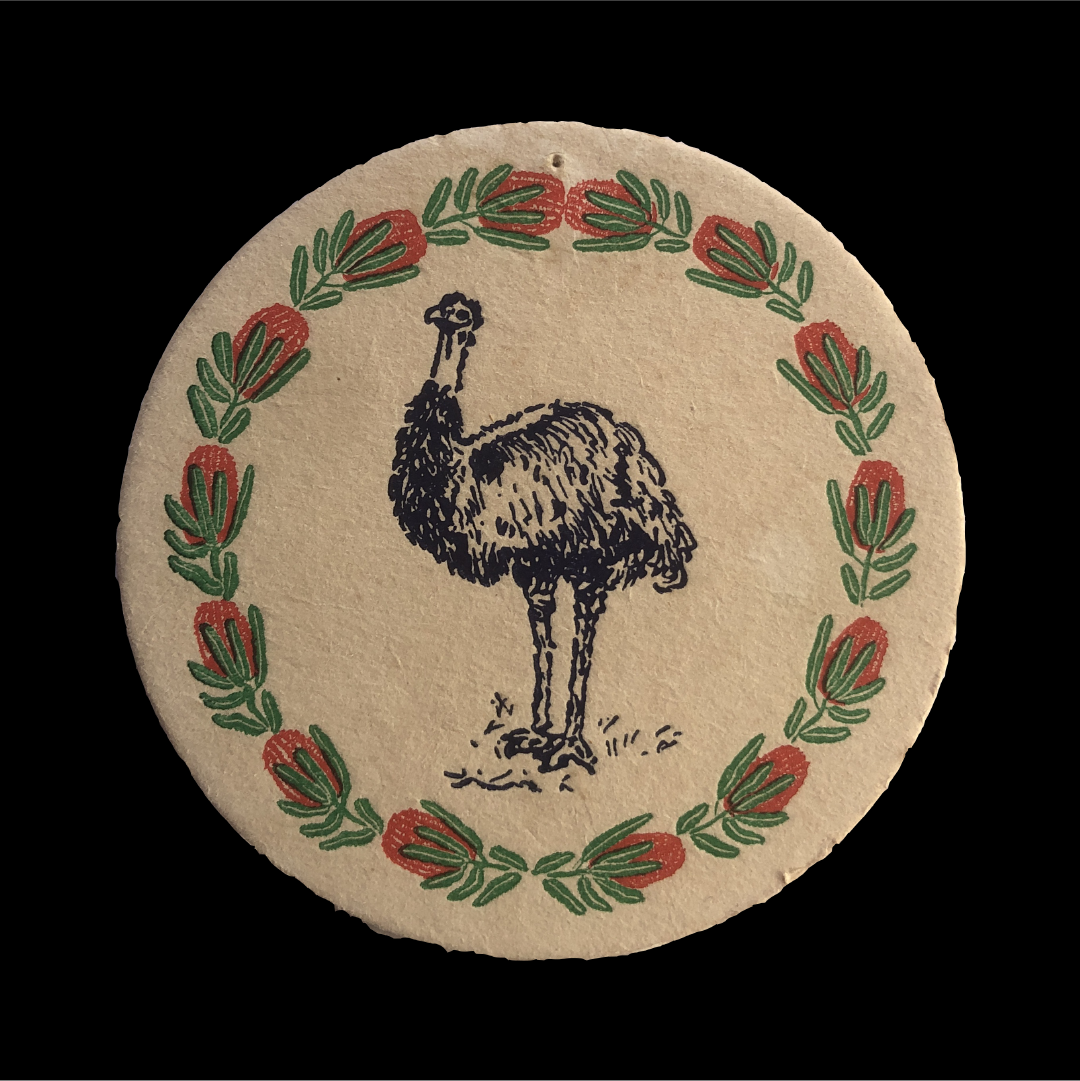
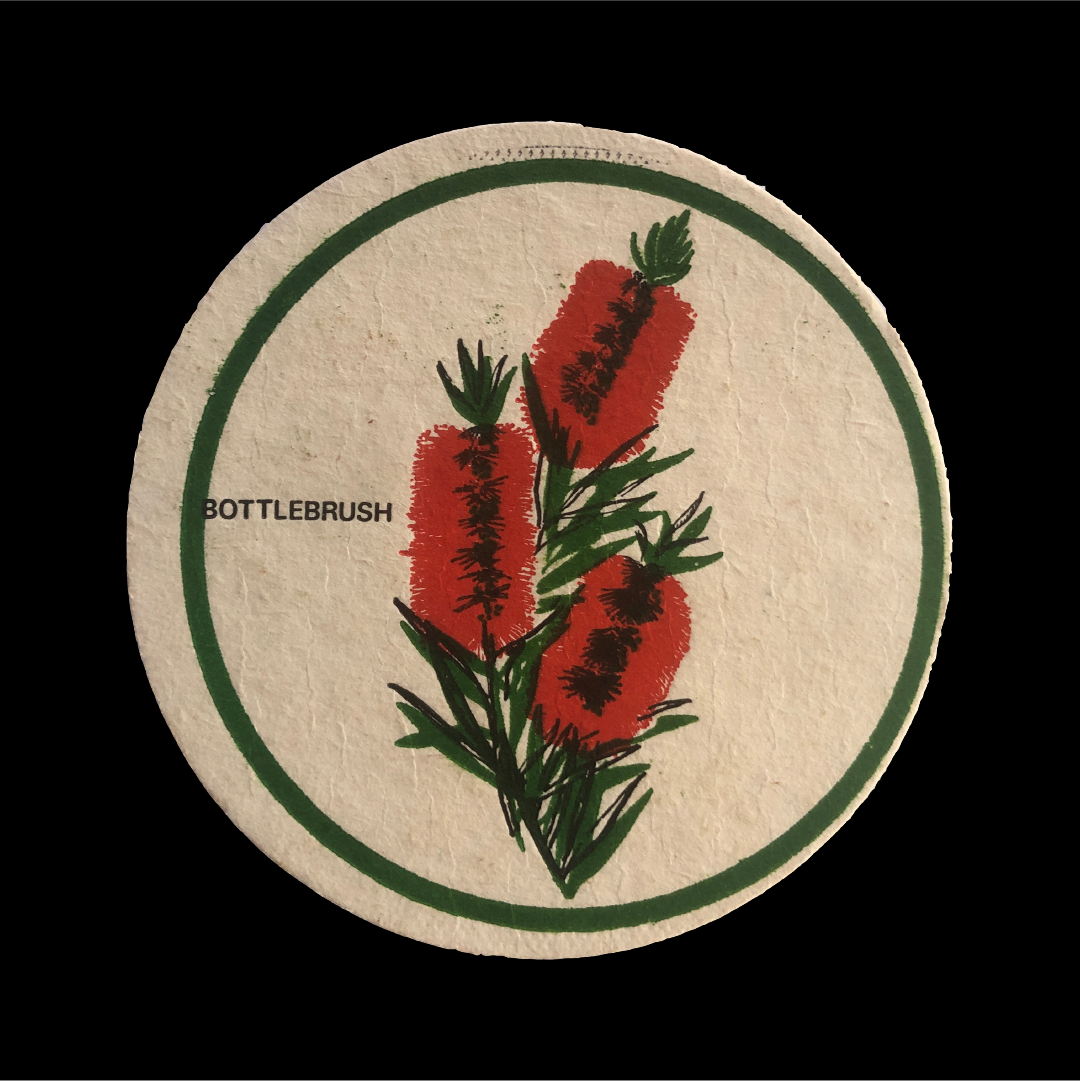
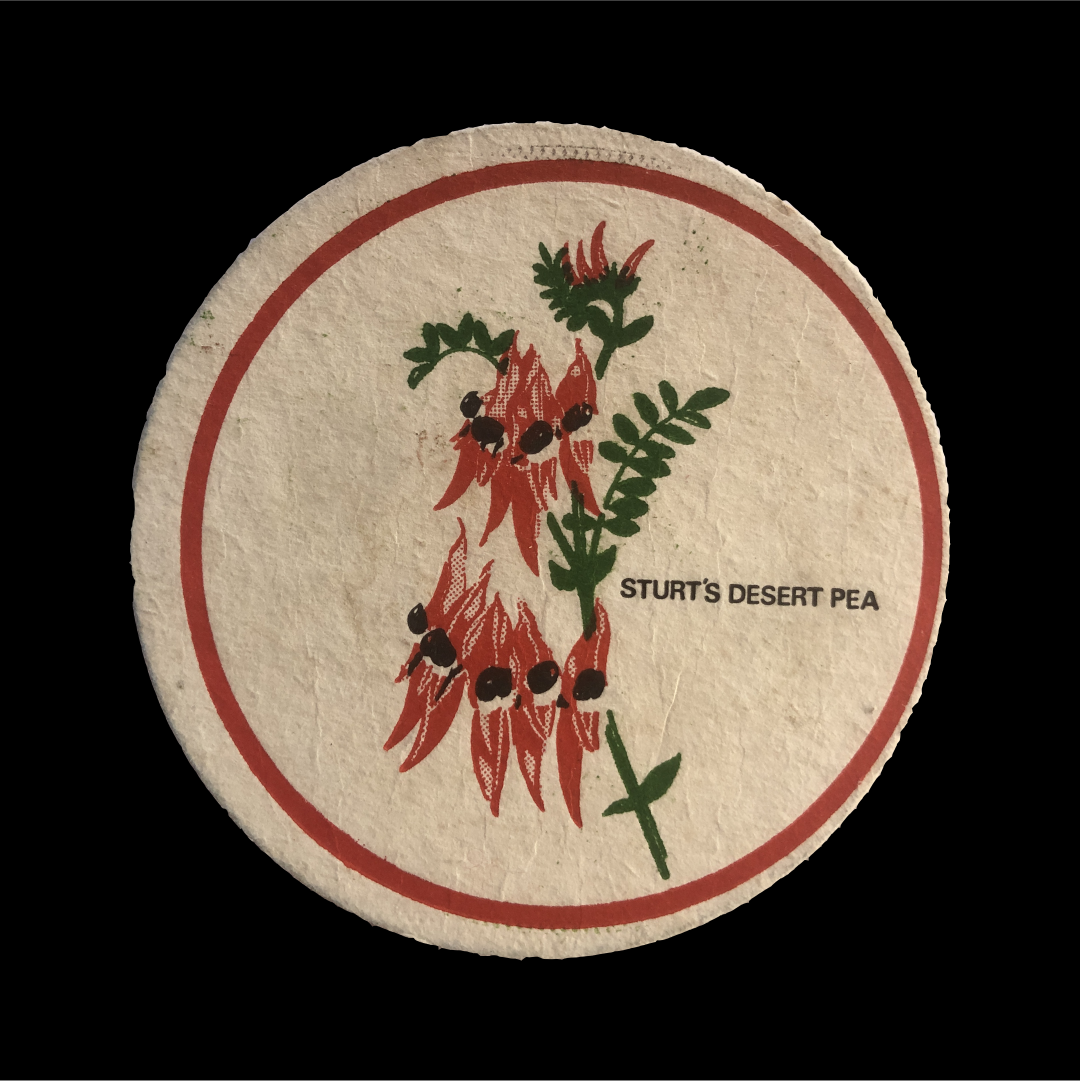
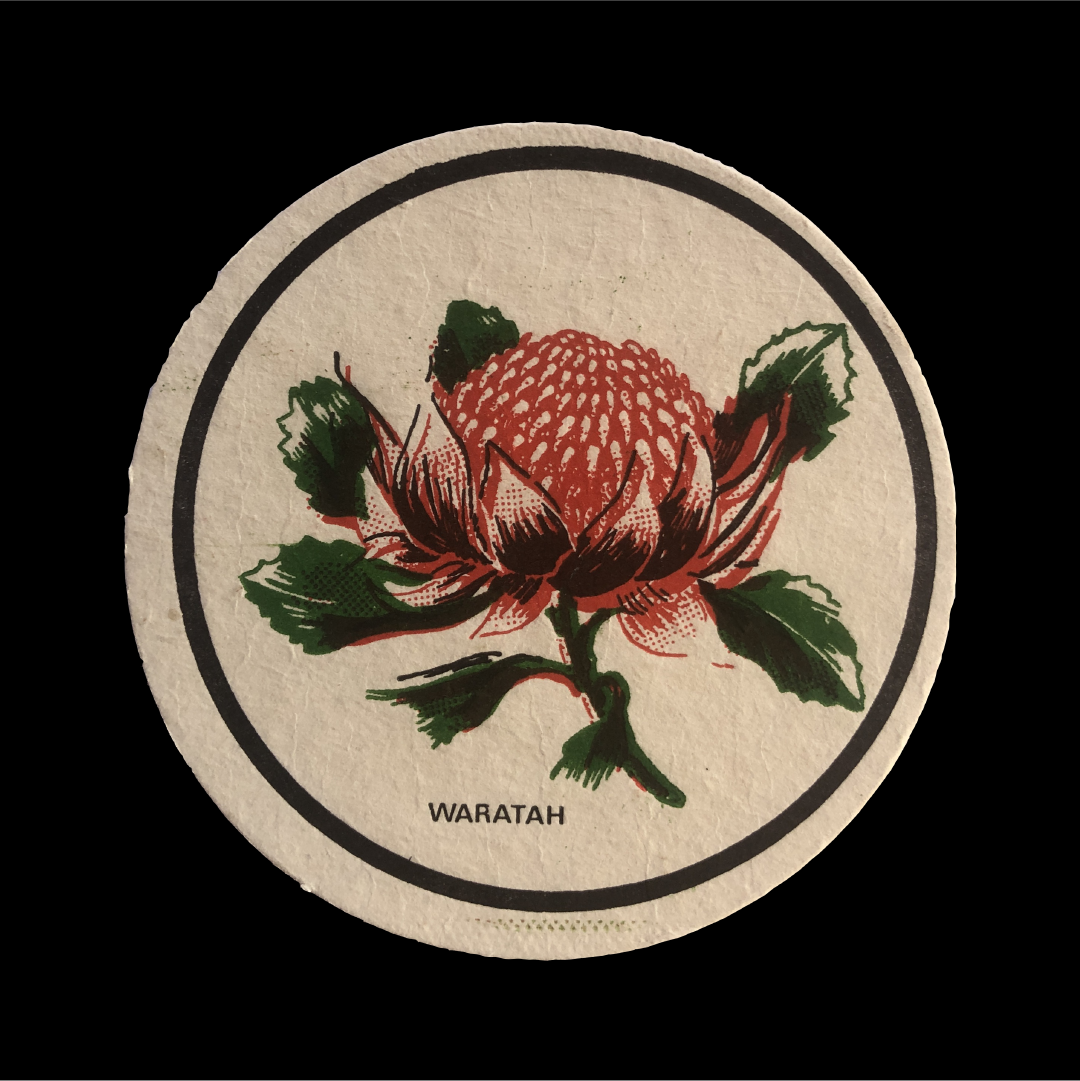
—
We’re thinking about teatowels with state emblems, about wattle on greeting cards and kangaroos on fridge magnets. We’re thinking about the emu we saw on the drive way the other day and the kangaroos edging closer to our veggie patch. We’re thinking about black swans and red-tailed black cockatoos. We’re thinking about WA’s curious and continued obsession with this settler botanical art, about Phillipa Nikulinsky, about Aspects. We’re thinking about how this is simultaneouly a way to distance ourselves from the social, historical and political reality of being here, while also being a way to nuture connection. We’re thinking about contradictions. We’re thinking about finding bunny orchids in the bush and knowing that this means winter is on its way.
—
We’re thinking about teatowels with state emblems, about wattle on greeting cards and kangaroos on fridge magnets. We’re thinking about the emu we saw on the drive way the other day and the kangaroos edging closer to our veggie patch. We’re thinking about black swans and red-tailed black cockatoos. We’re thinking about WA’s curious and continued obsession with this settler botanical art, about Phillipa Nikulinsky, about Aspects. We’re thinking about how this is simultaneouly a way to distance ourselves from the social, historical and political reality of being here, while also being a way to nuture connection. We’re thinking about contradictions. We’re thinking about finding bunny orchids in the bush and knowing that this means winter is on its way.
—
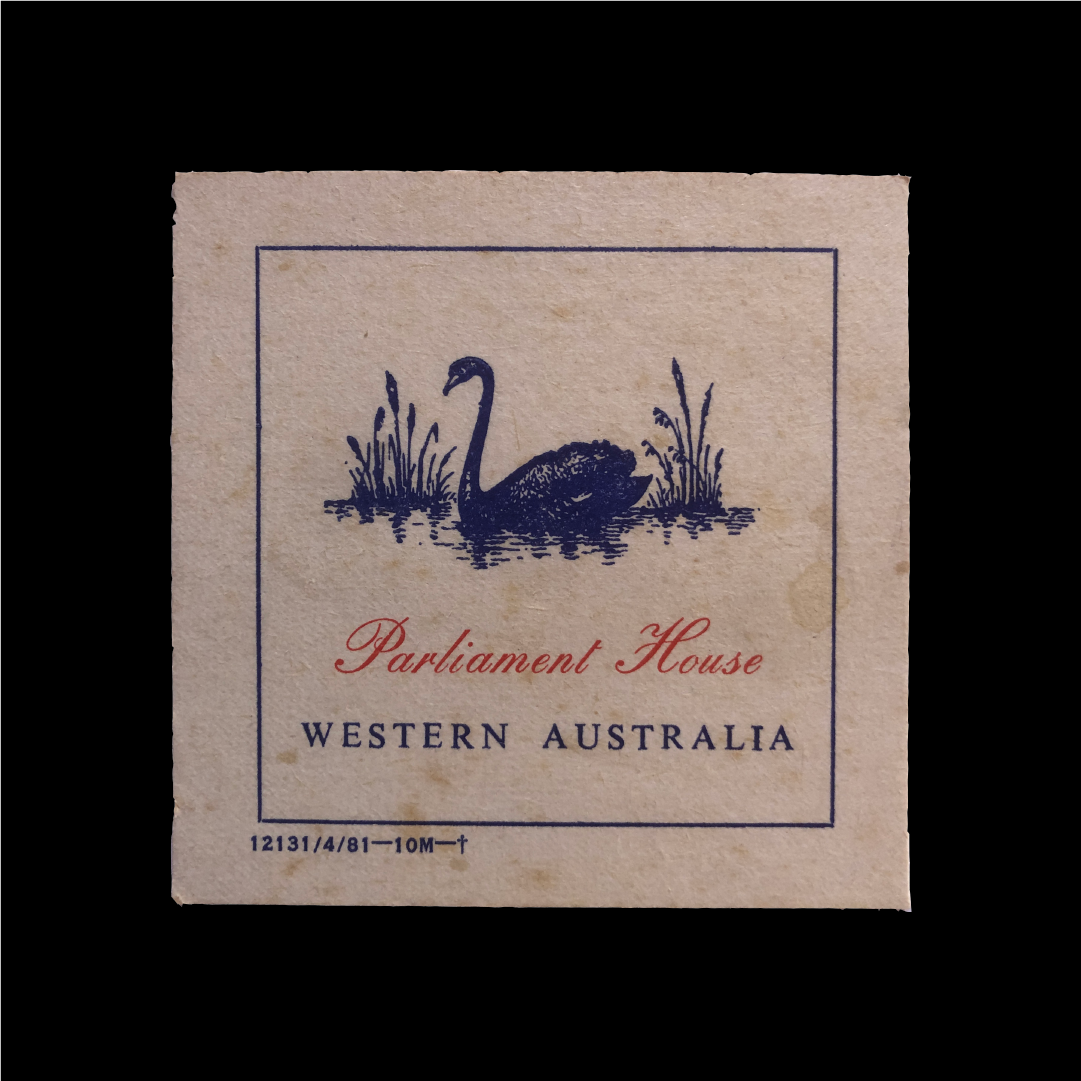

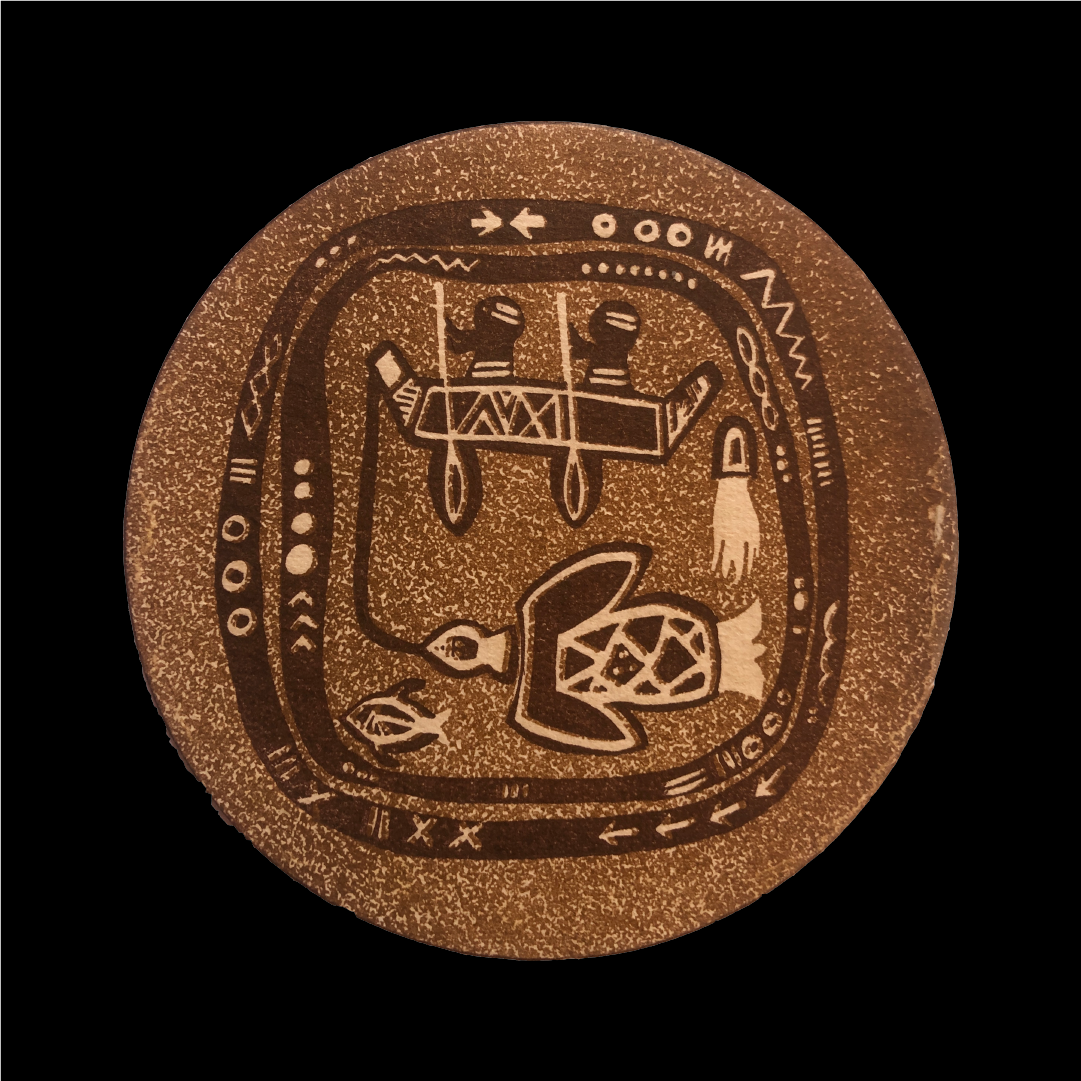

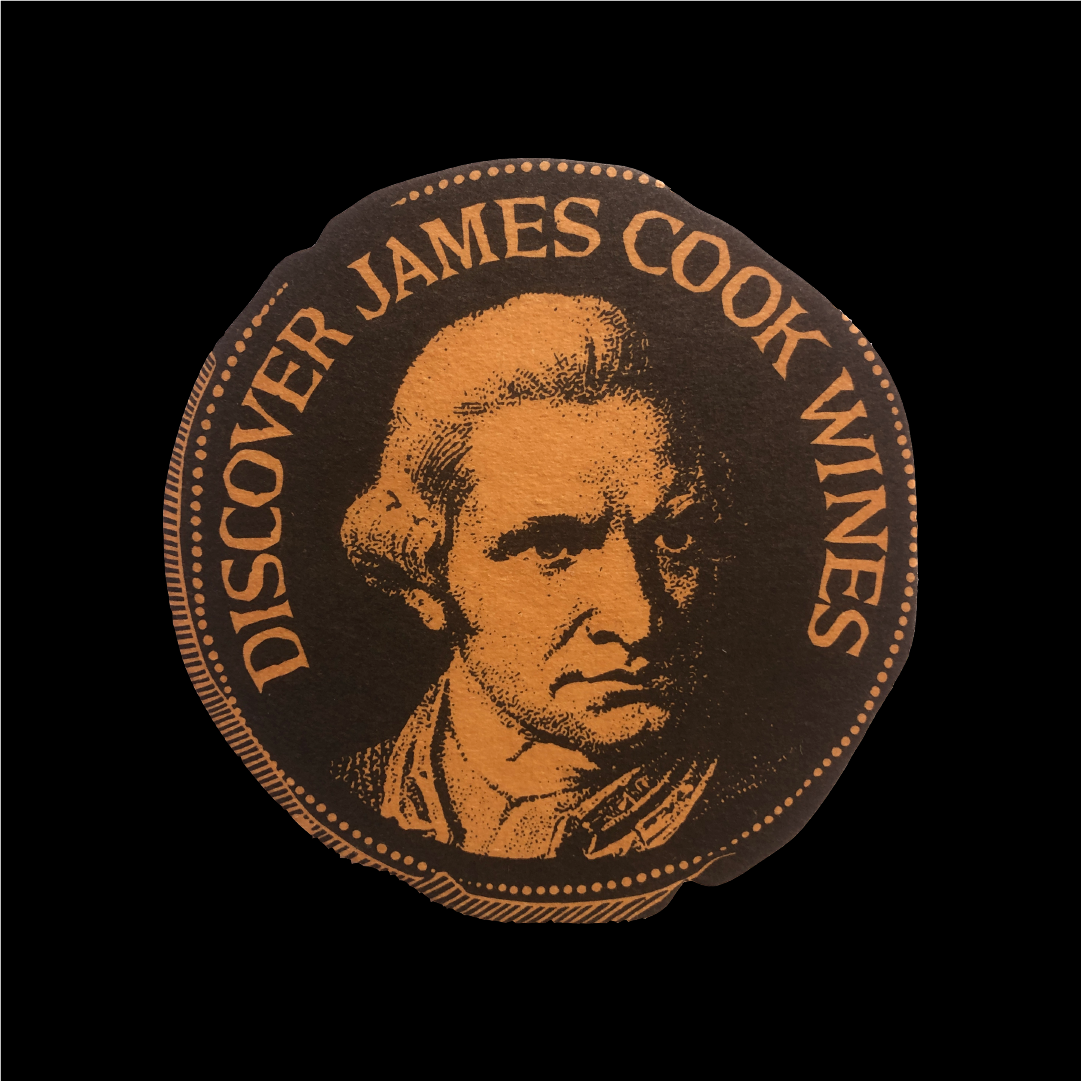

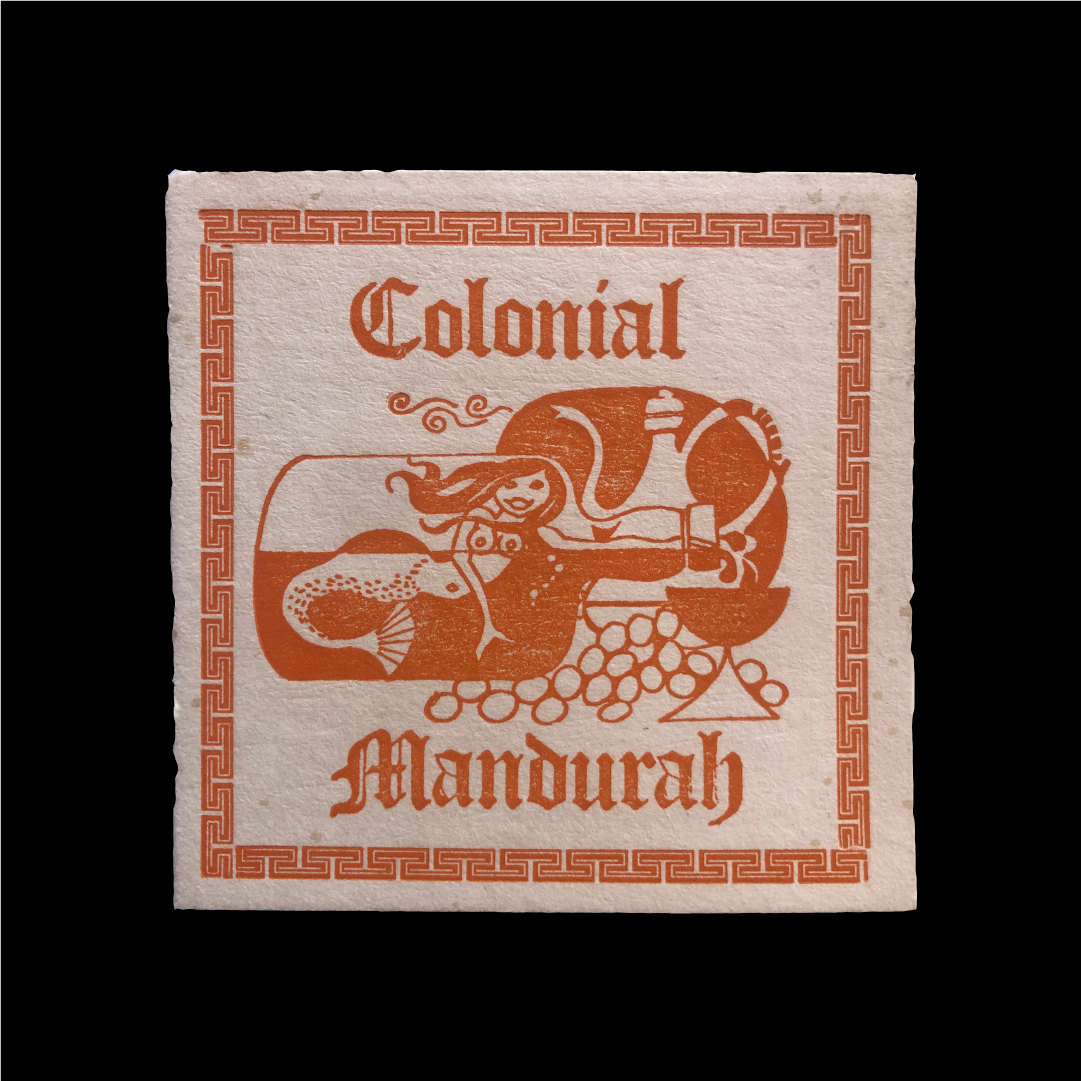
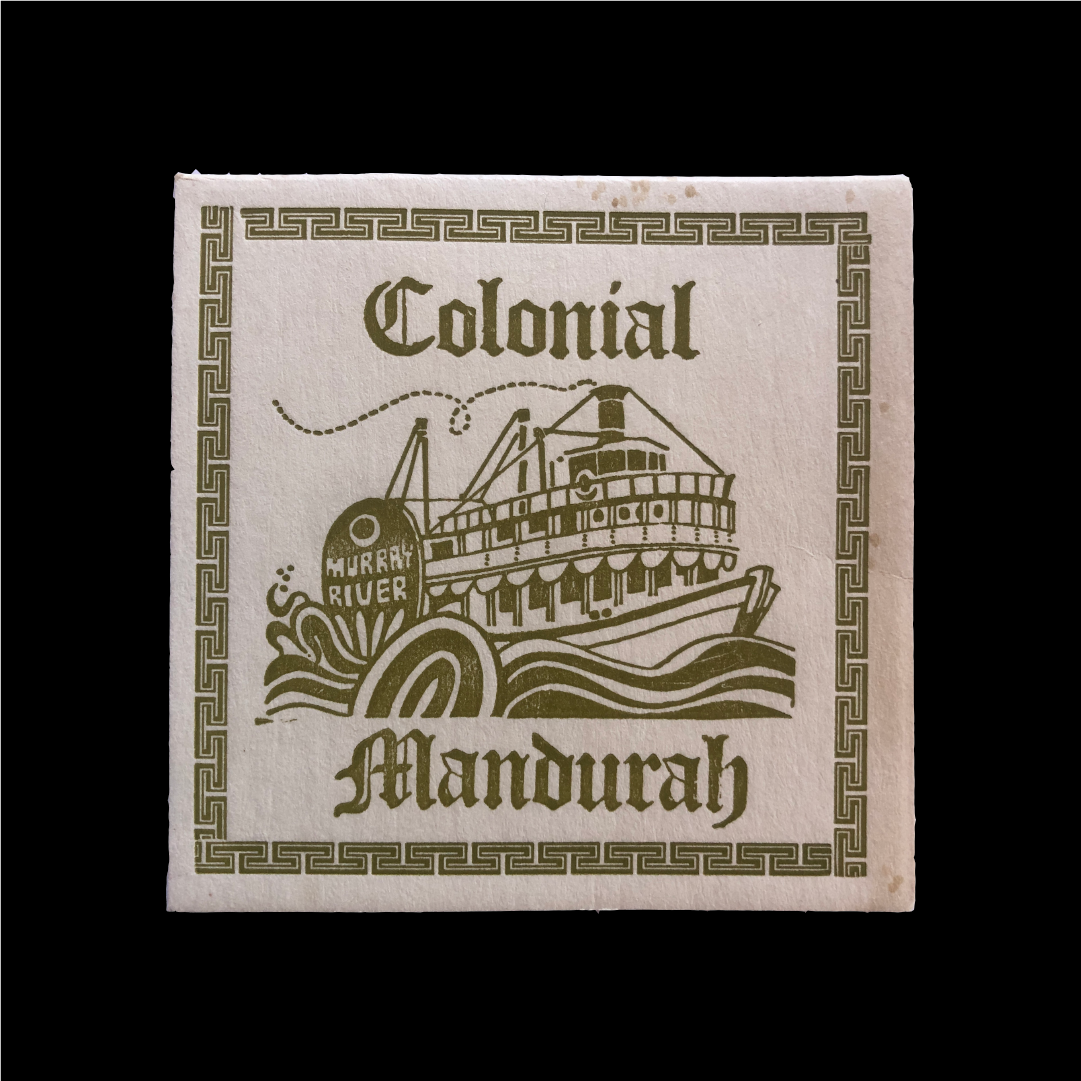
—
We’re thinking about the 250th anniversary of Captain Cook's invasion of Australia and Christian Thompson and othering. We’re thinking about how every town in Australia has a pub called The Colonial or The Explorer or The Settlers. We are thinking about projective and appropriative ideas of First Nations people through the mundane and everyday as well as through white settler institutional forms of representation. We’re thinking about the coat of arms of the City of Perth and a seemingly benign black swan of Parliament House. We’re thinking about history’s fingers on the beer glass of today.
—
We’re thinking about the 250th anniversary of Captain Cook's invasion of Australia and Christian Thompson and othering. We’re thinking about how every town in Australia has a pub called The Colonial or The Explorer or The Settlers. We are thinking about projective and appropriative ideas of First Nations people through the mundane and everyday as well as through white settler institutional forms of representation. We’re thinking about the coat of arms of the City of Perth and a seemingly benign black swan of Parliament House. We’re thinking about history’s fingers on the beer glass of today.
—
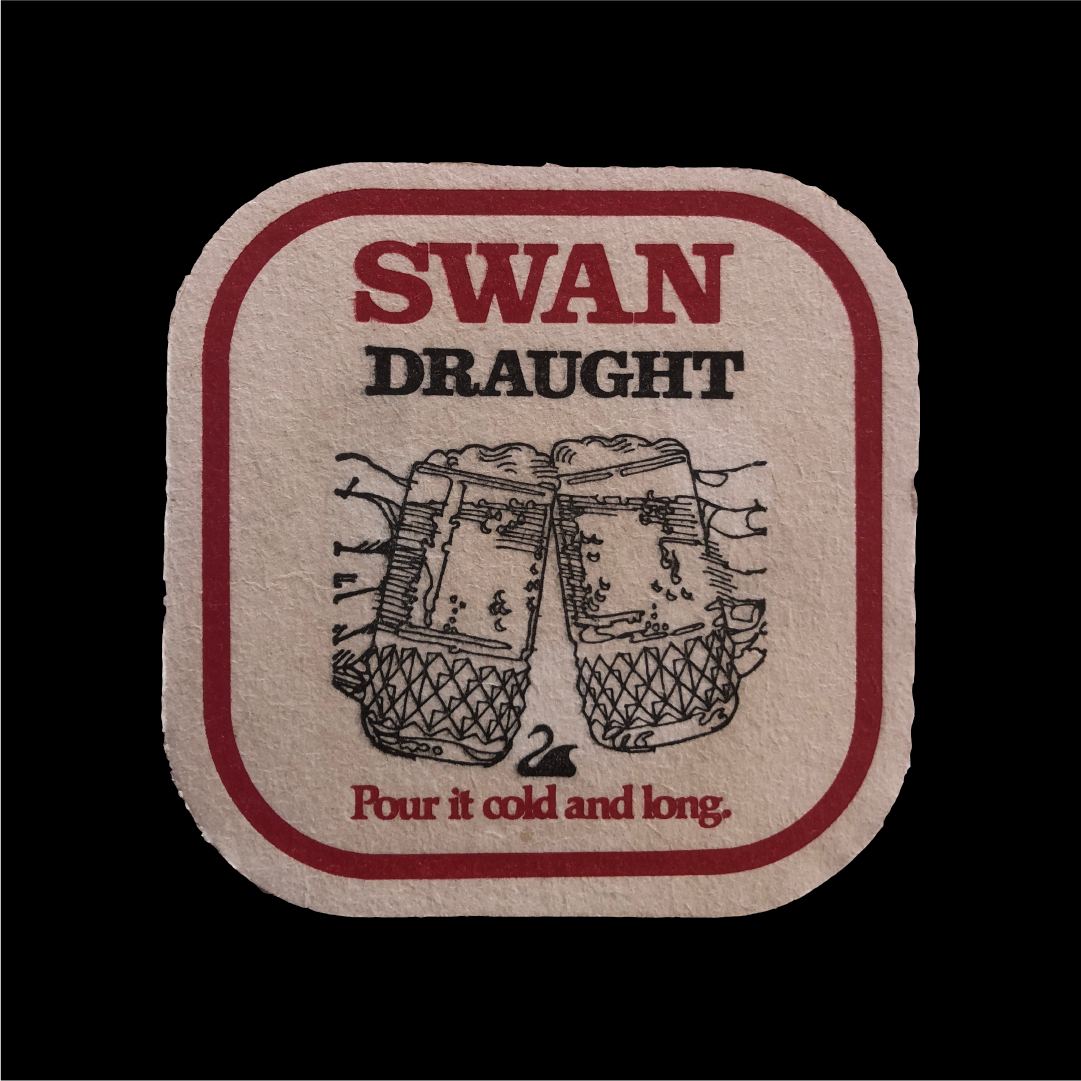
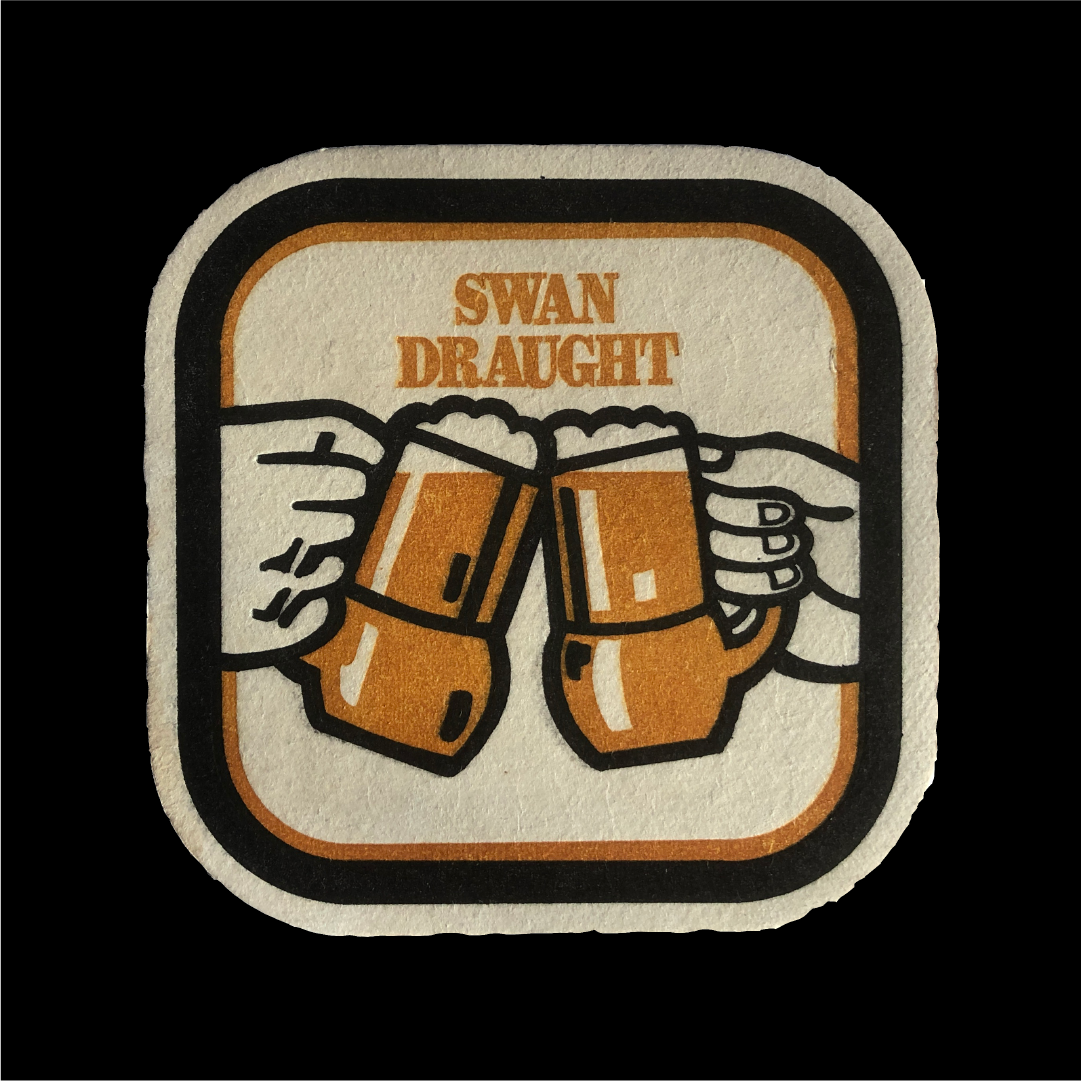
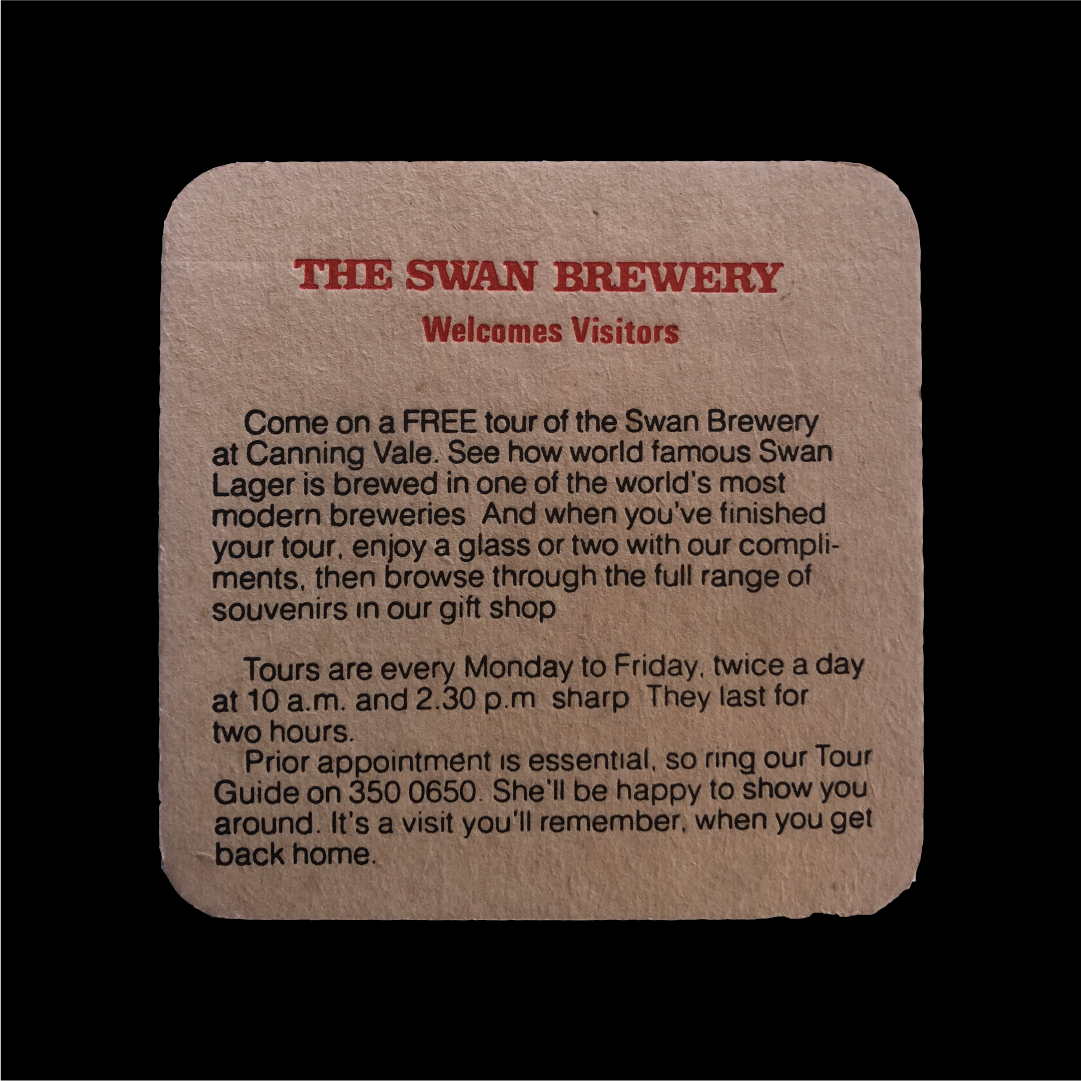
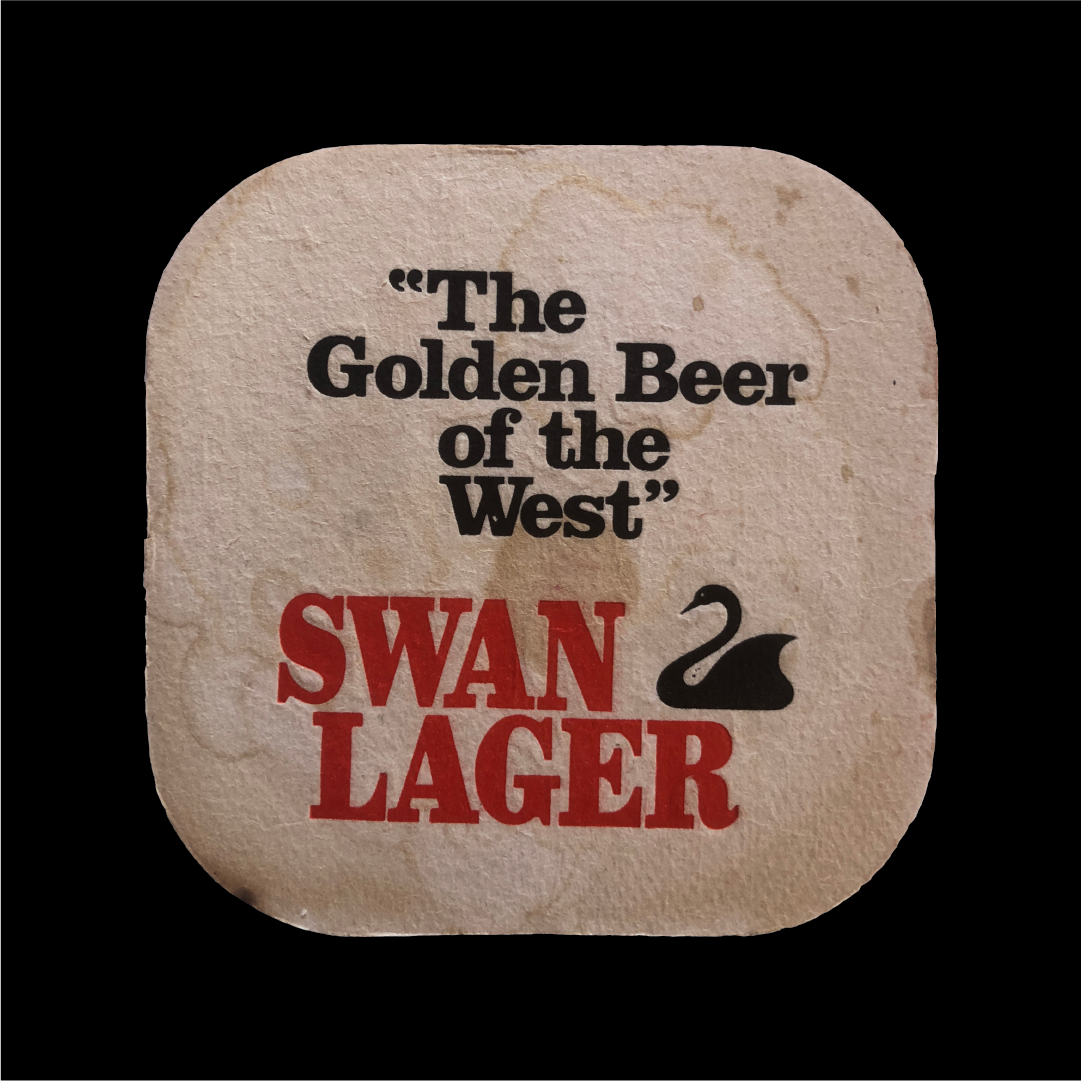

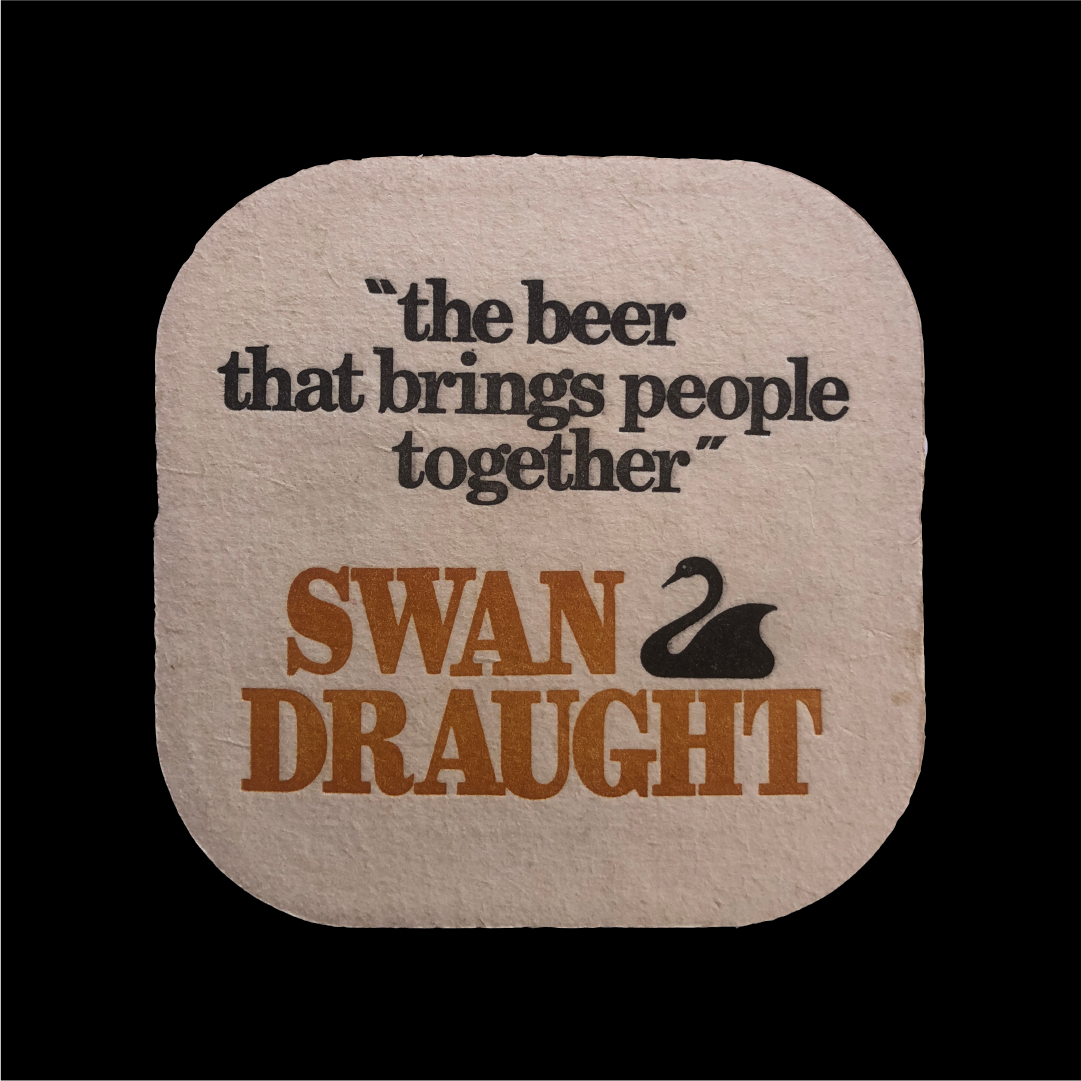
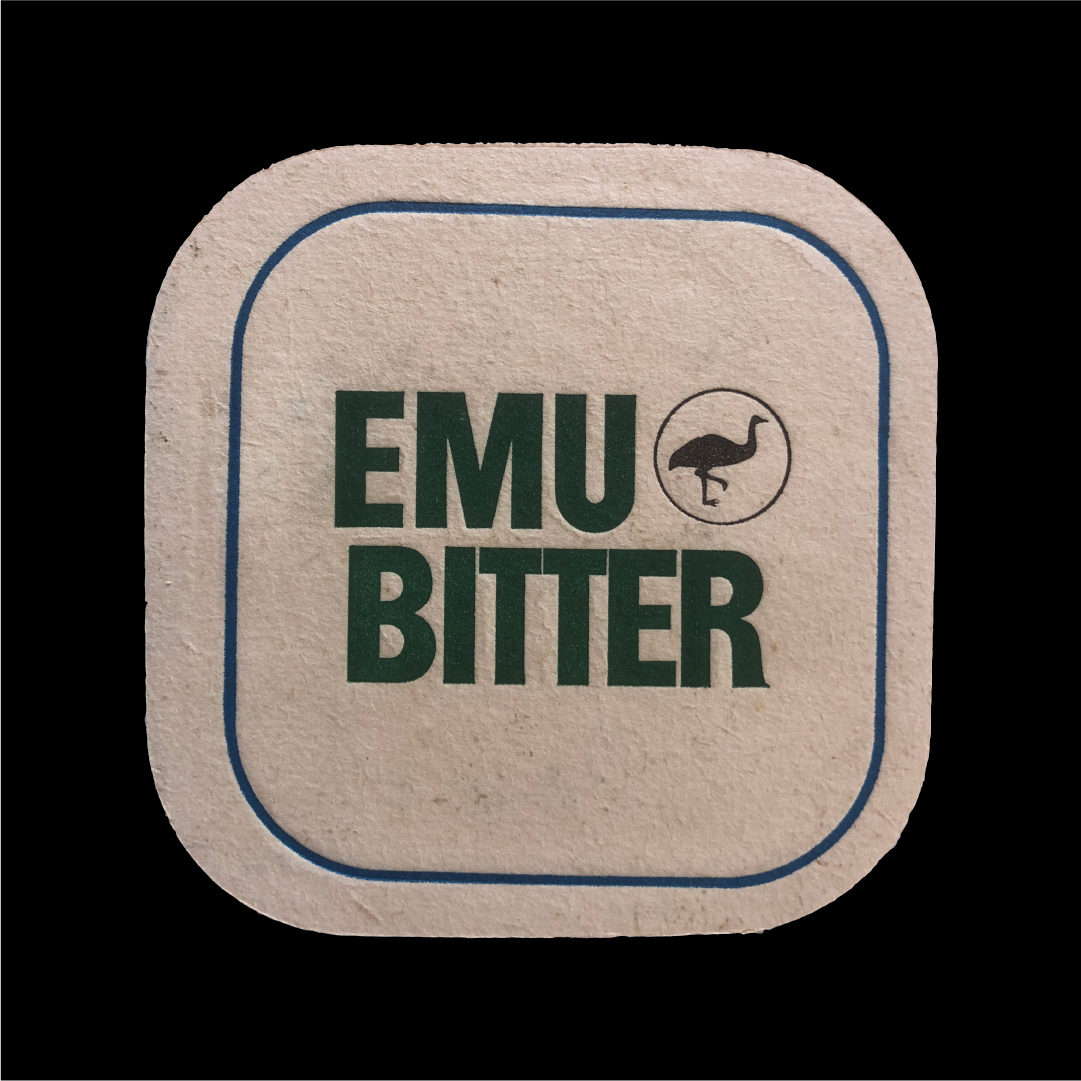

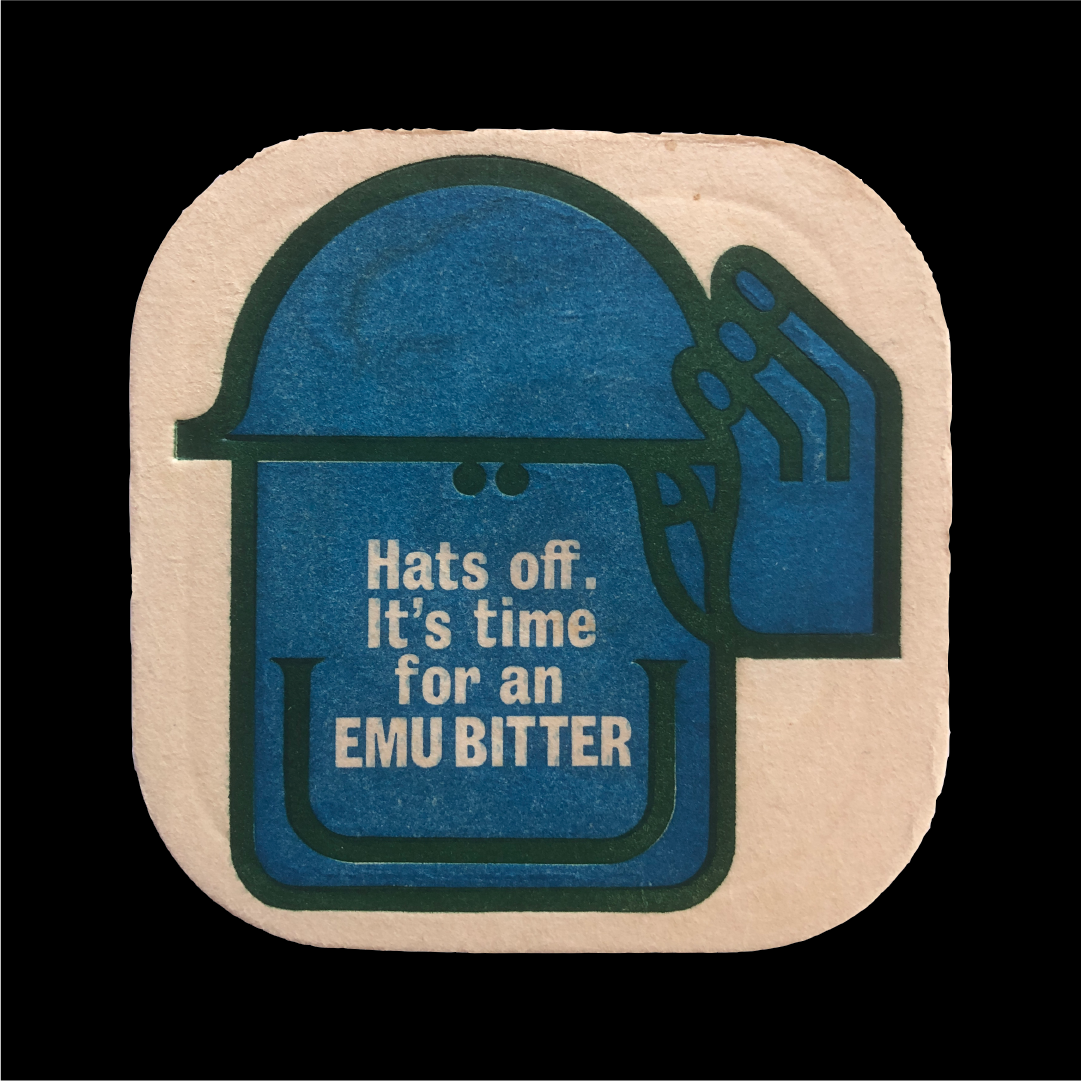
—
We’re thinking about Frederick Sherwood who founded the Swan Brewery after the death of his wife to support his six kids. We are thinking about how he first started brewing at Mounts Bay Road and about how that site is now owned by old mate Andrew Forrest. We’re thinking about how beer stopped being made there in ’66, about Alan Bond buying Swan in ’81 for an easy 164 million dollars, and about how Swan isn’t even made here anymore. We’re thinking about that old brewery, and it’s role in occupation and development and fun when it suits. We’re thinking about Swan and Emu and their working class roots, their approachability, their flavour, and their alcohol percentage in equal measure. We’re thinking about them served cold.
—
We’re thinking about Frederick Sherwood who founded the Swan Brewery after the death of his wife to support his six kids. We are thinking about how he first started brewing at Mounts Bay Road and about how that site is now owned by old mate Andrew Forrest. We’re thinking about how beer stopped being made there in ’66, about Alan Bond buying Swan in ’81 for an easy 164 million dollars, and about how Swan isn’t even made here anymore. We’re thinking about that old brewery, and it’s role in occupation and development and fun when it suits. We’re thinking about Swan and Emu and their working class roots, their approachability, their flavour, and their alcohol percentage in equal measure. We’re thinking about them served cold.
—
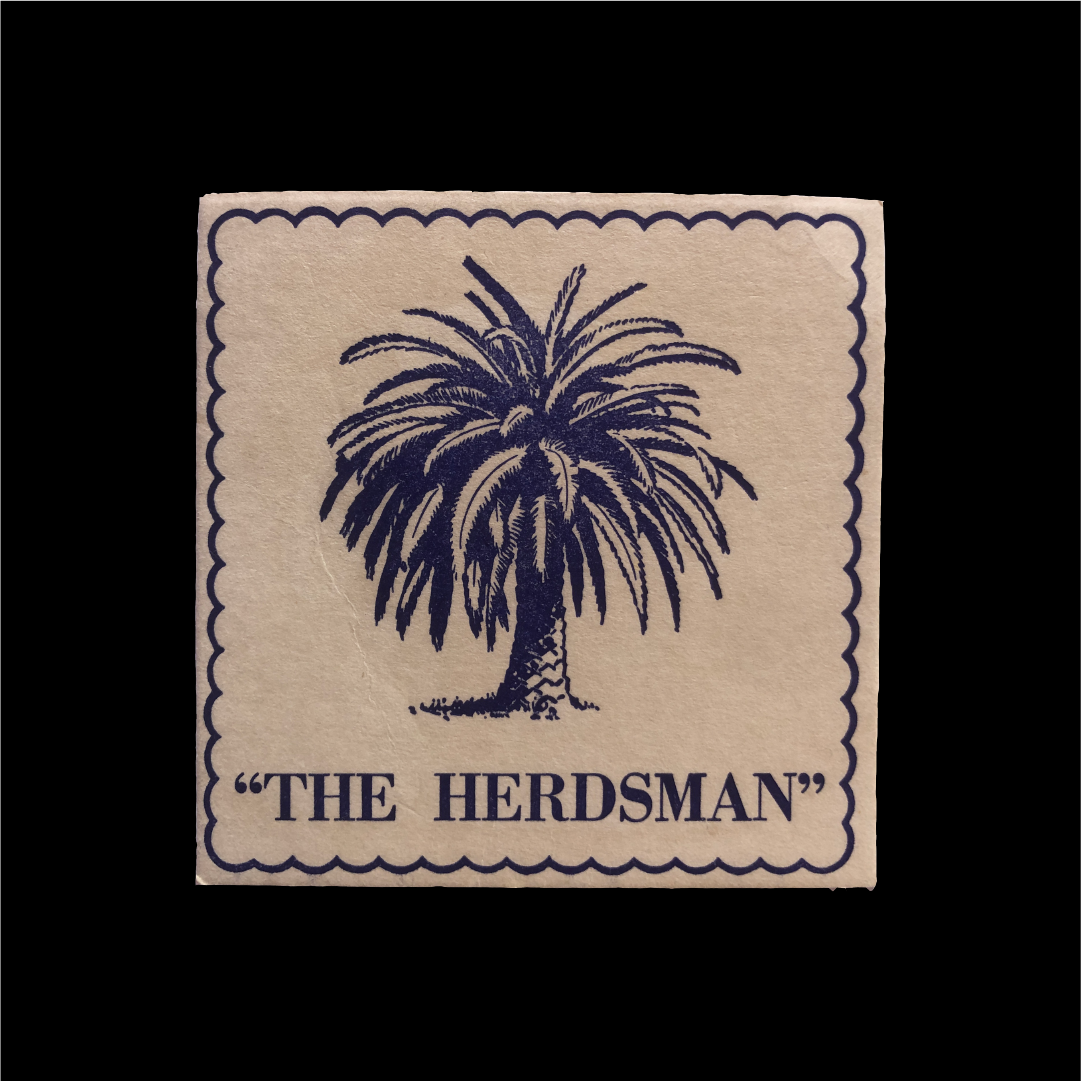
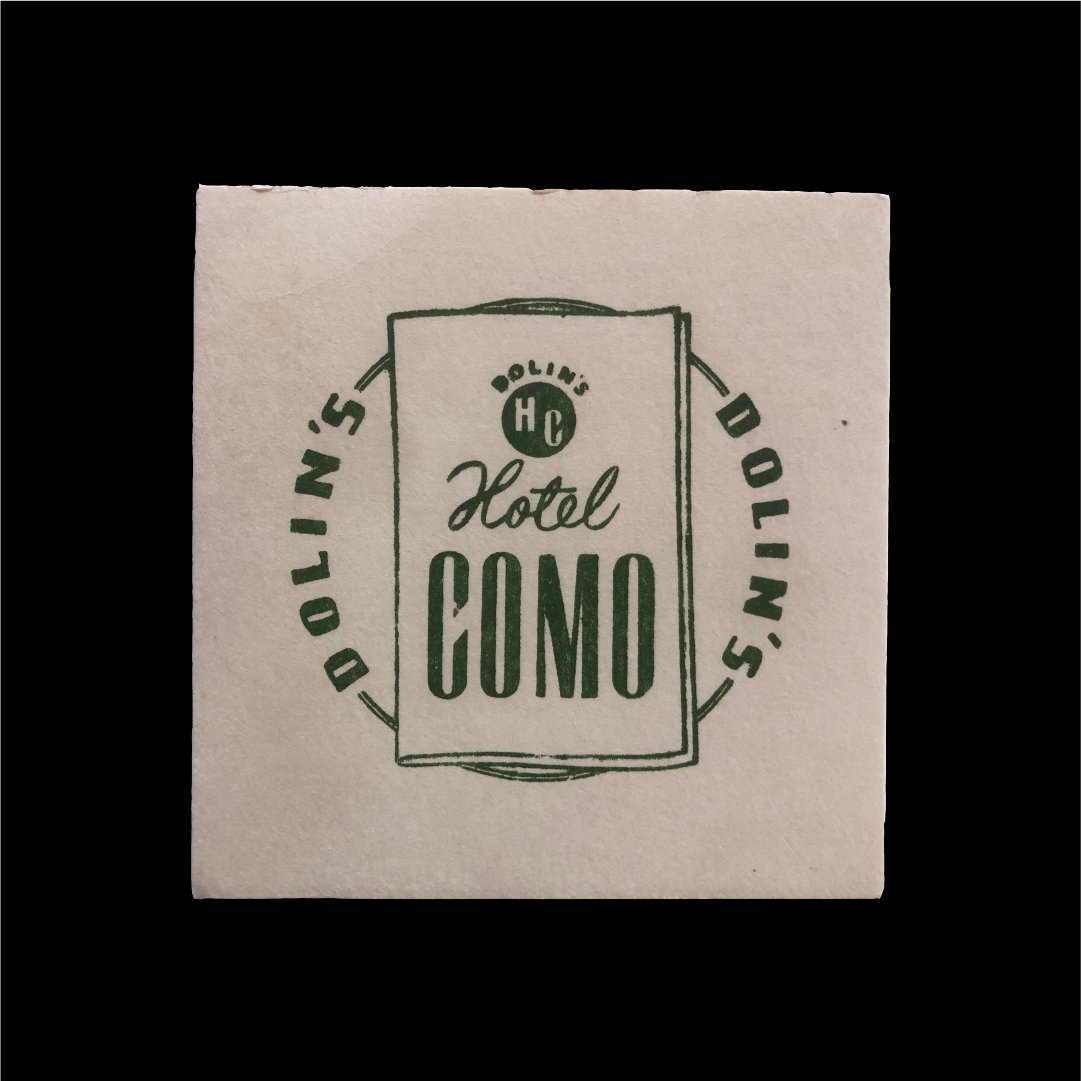
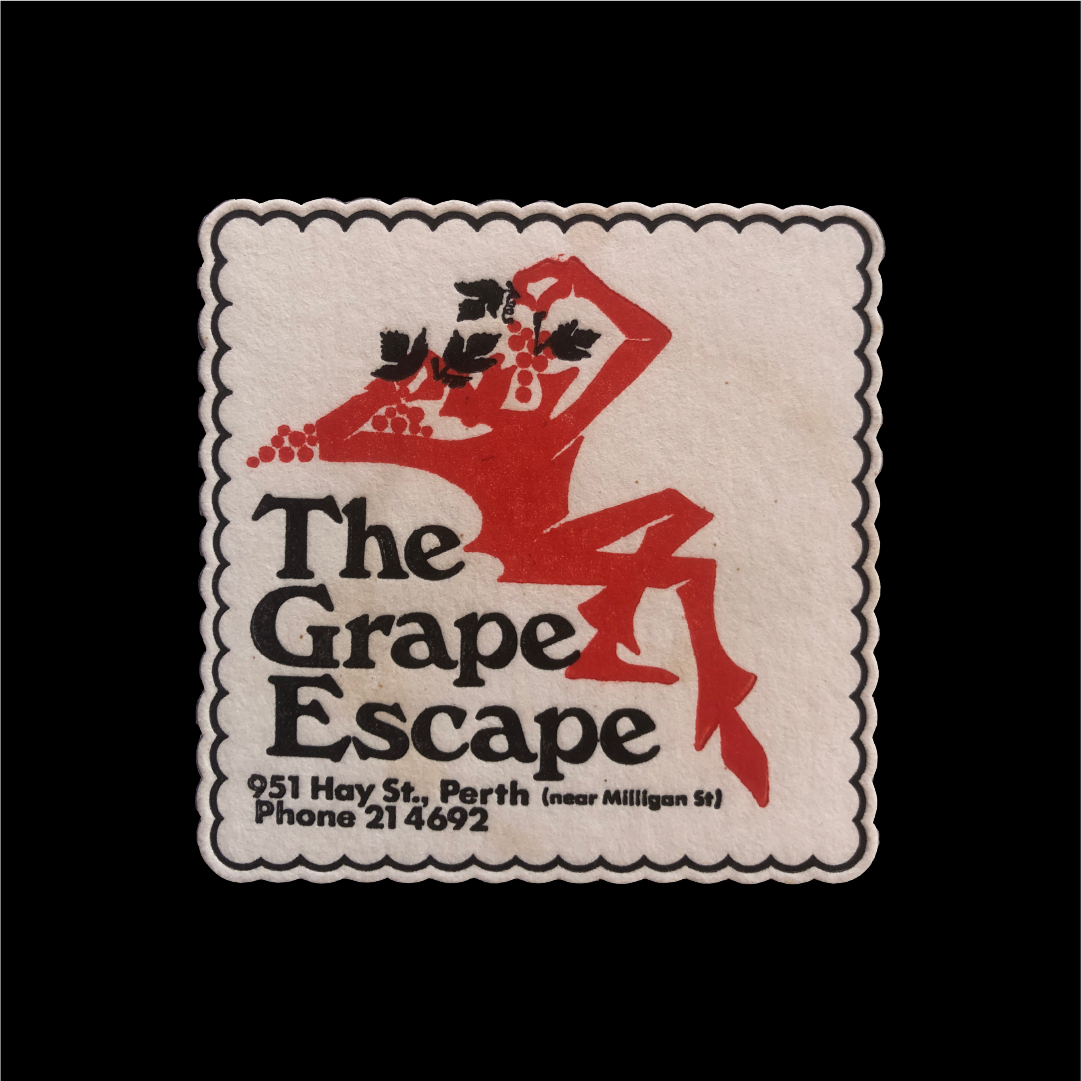
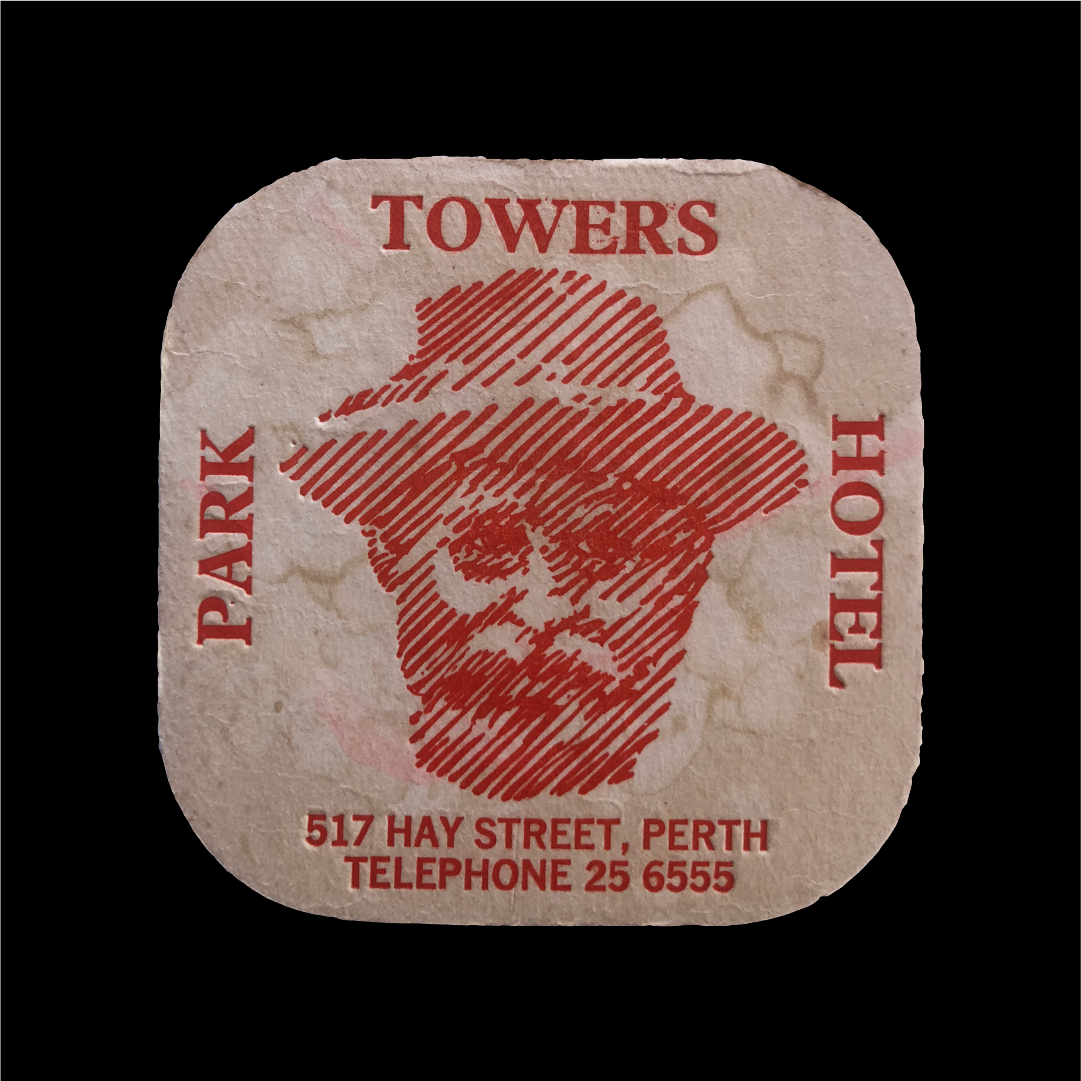
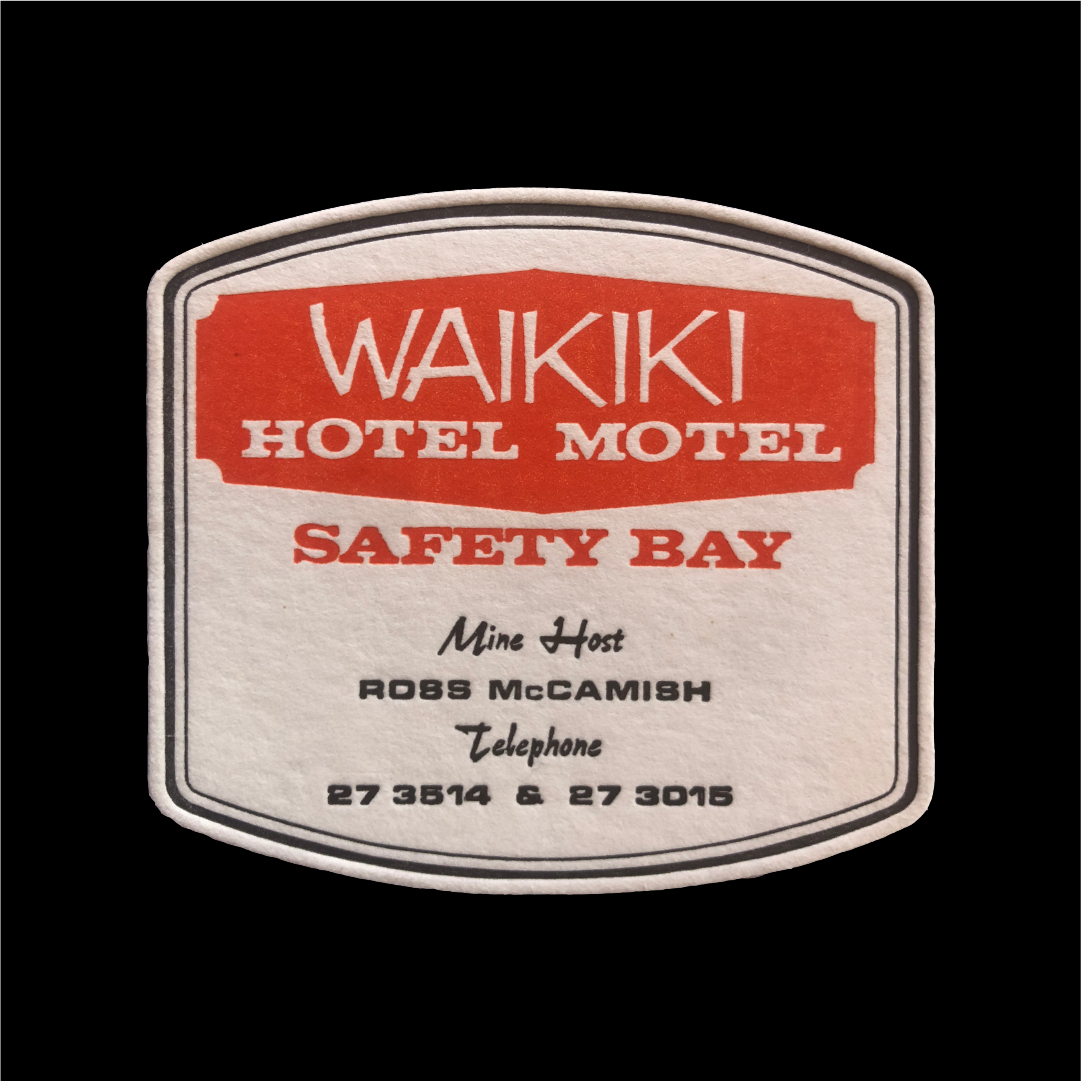
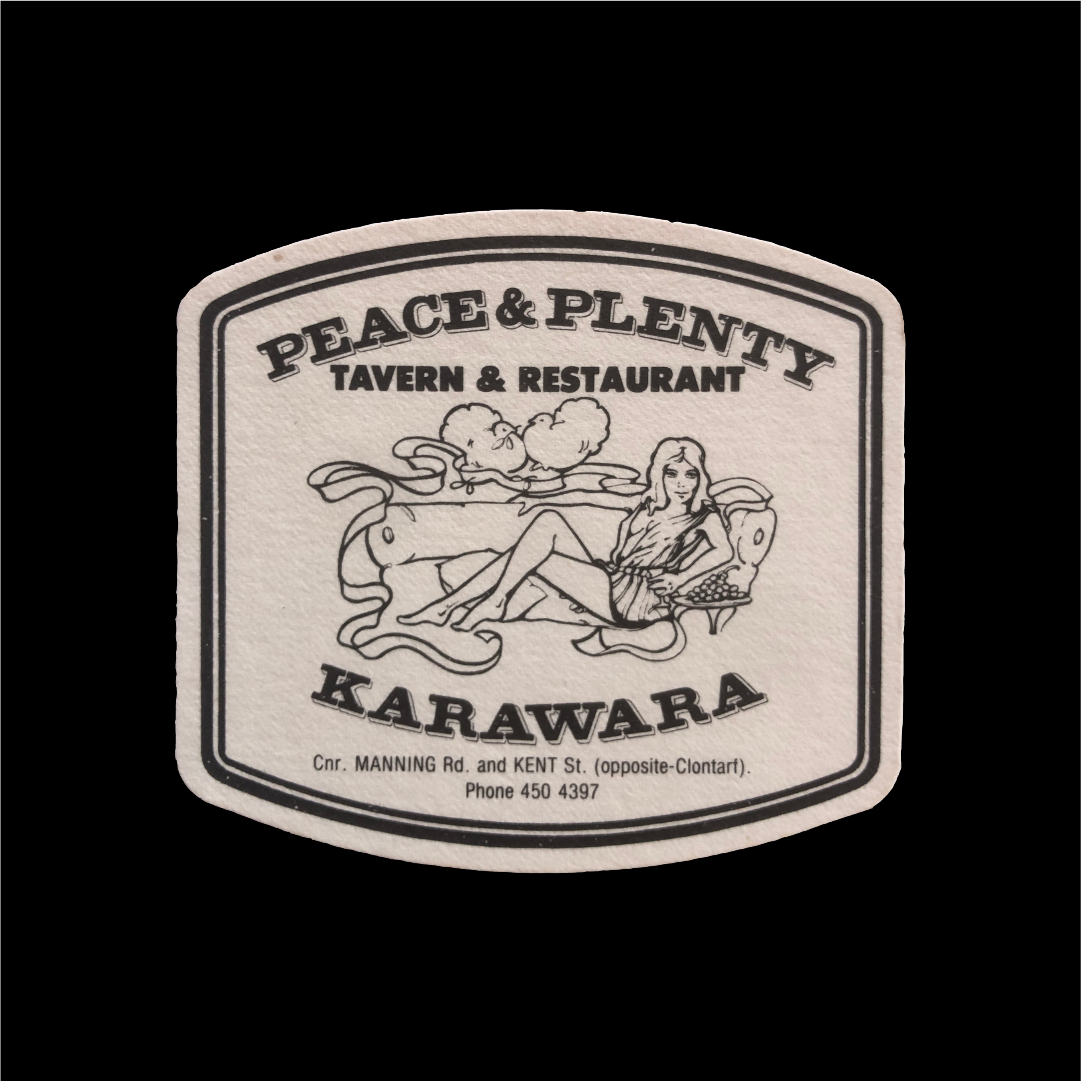
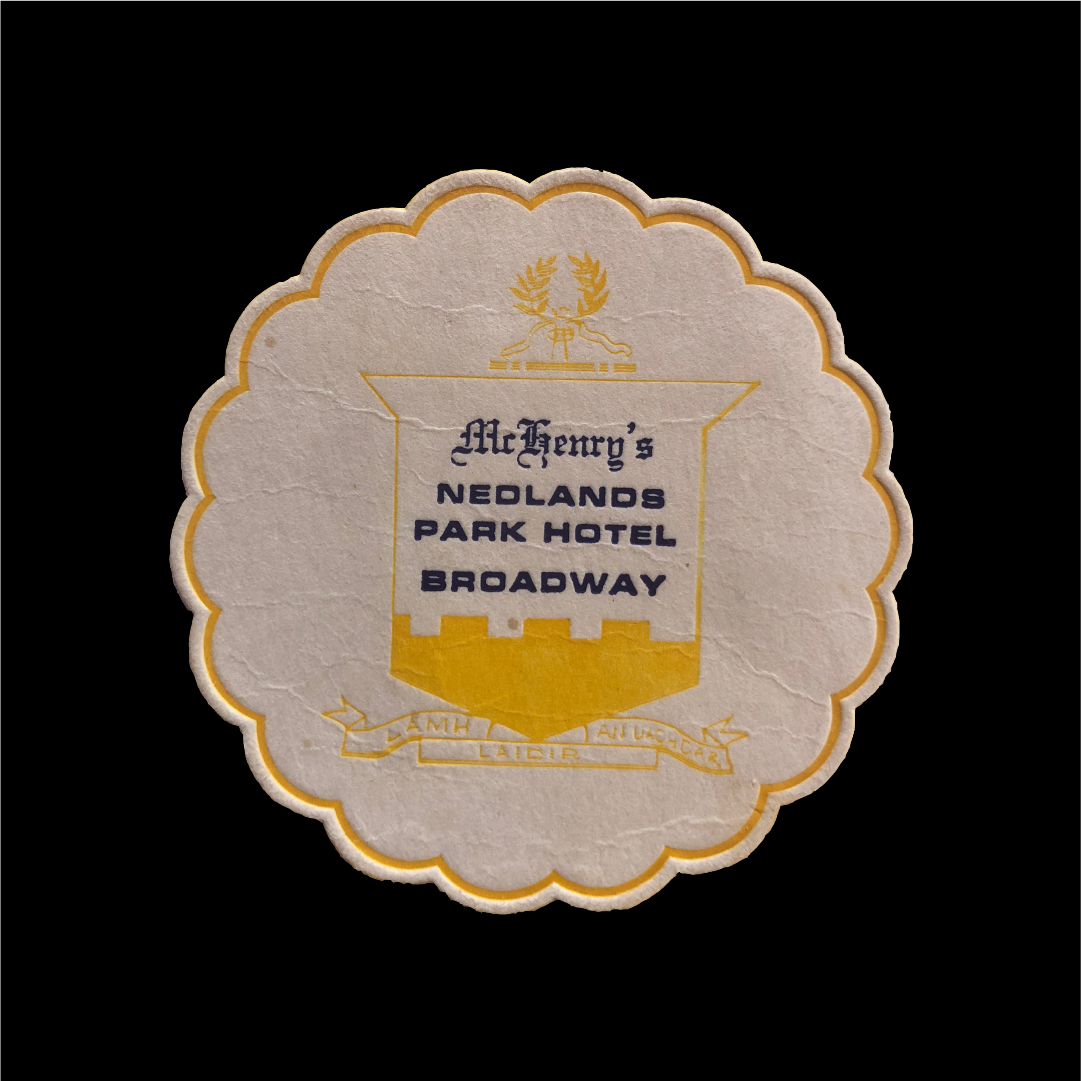
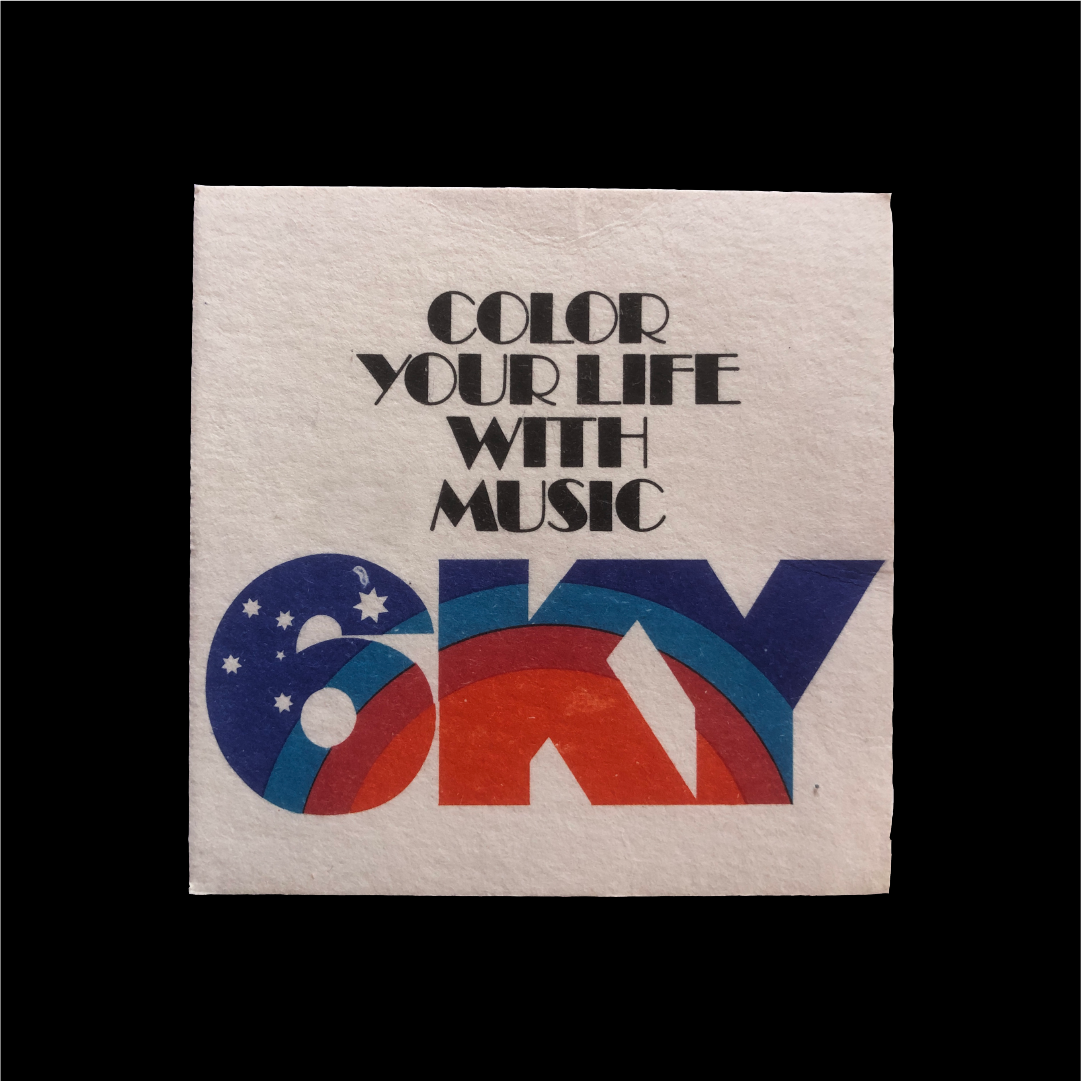
—
We’re thinking about Perth as a city of suburbs that turns its back on the urban to stretch along a long coast. We’re thinking about all those places with their own cafes and pubs, their distinct moods and feeling. We’re thinking about Wembley, Nedlands, Como, Safety Bay, Karawara and Karragullen. We’re thinking about all the people who lived in these places before, about why people make suburbs home, about coming back to your local and giving it a go.
—
We’re thinking about Perth as a city of suburbs that turns its back on the urban to stretch along a long coast. We’re thinking about all those places with their own cafes and pubs, their distinct moods and feeling. We’re thinking about Wembley, Nedlands, Como, Safety Bay, Karawara and Karragullen. We’re thinking about all the people who lived in these places before, about why people make suburbs home, about coming back to your local and giving it a go.
—
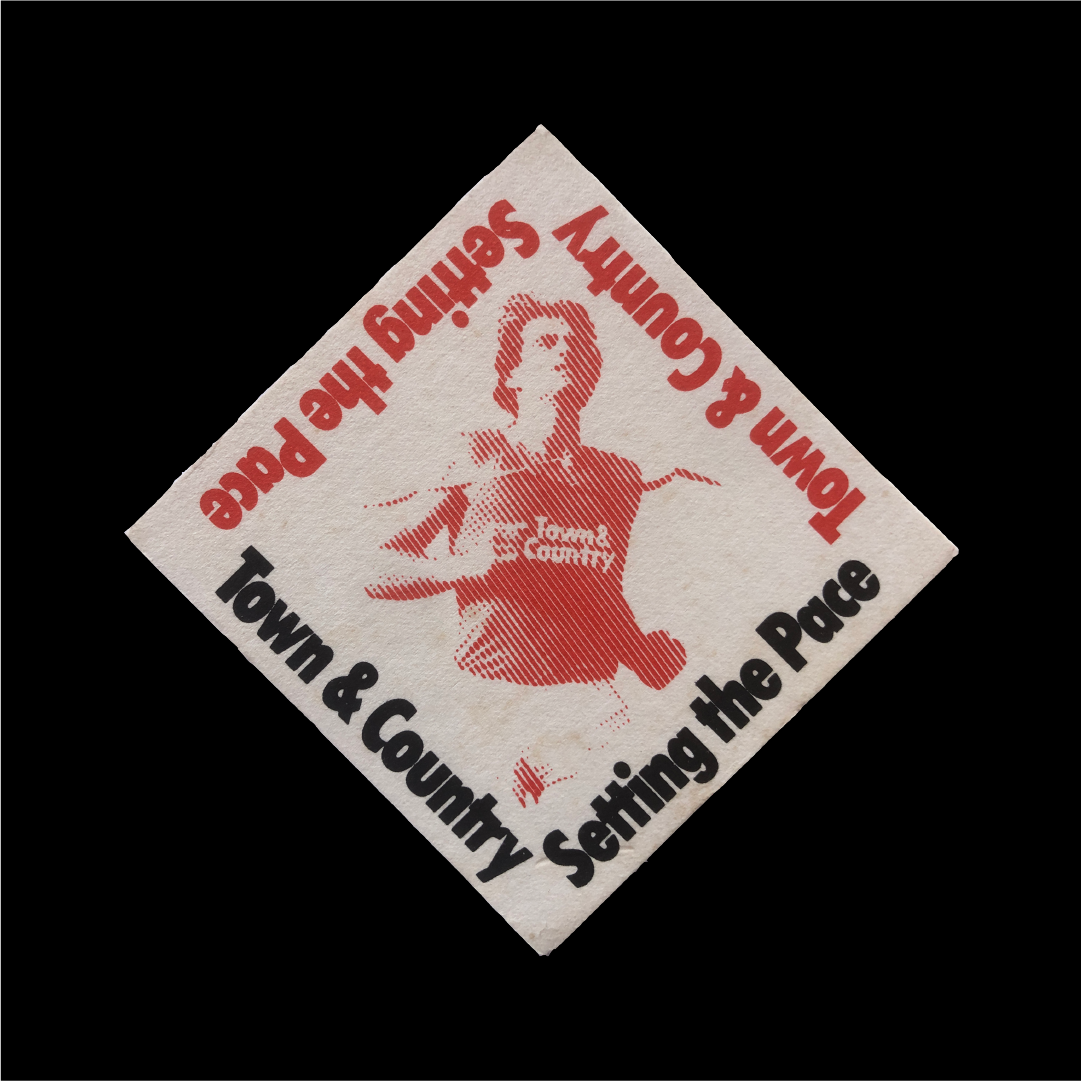
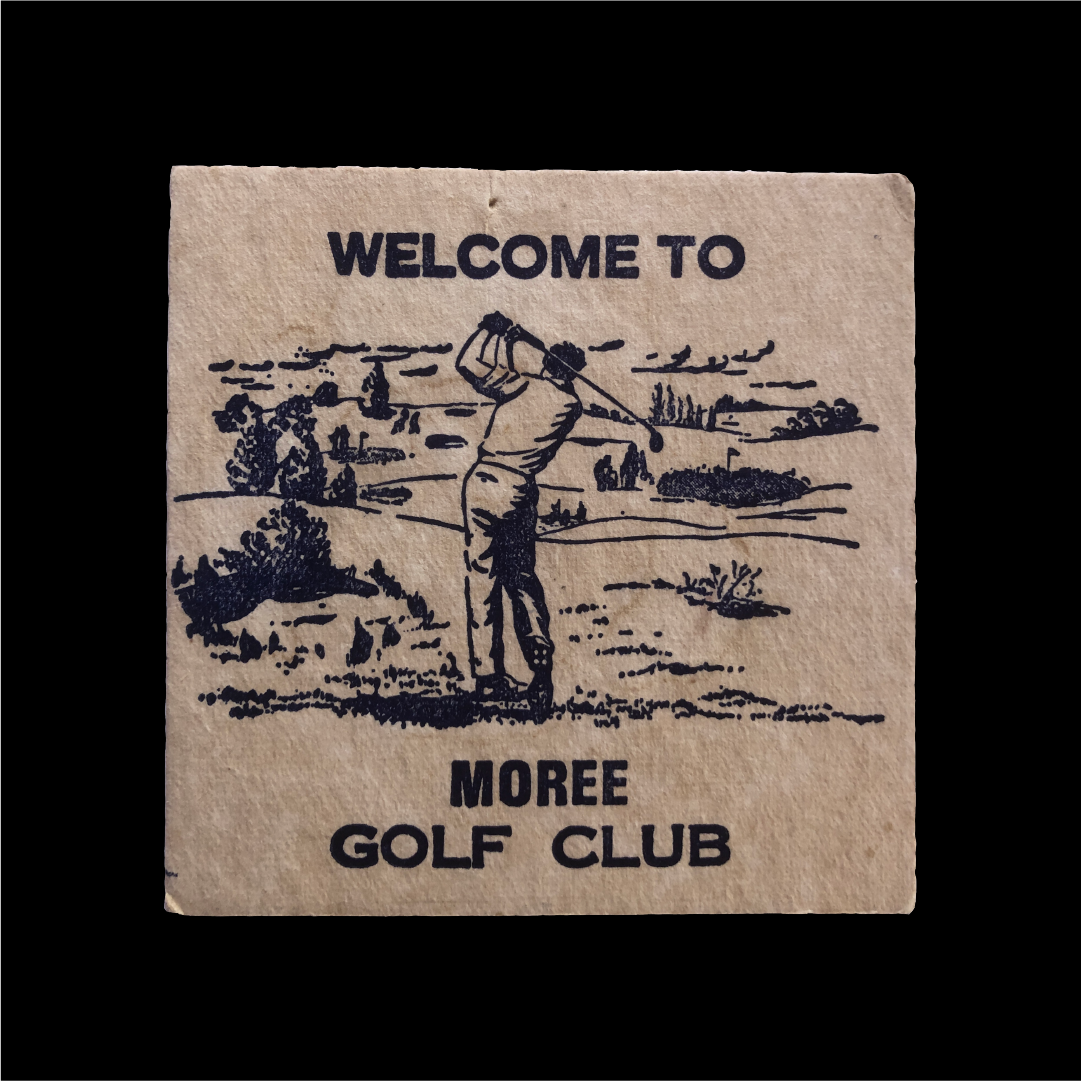
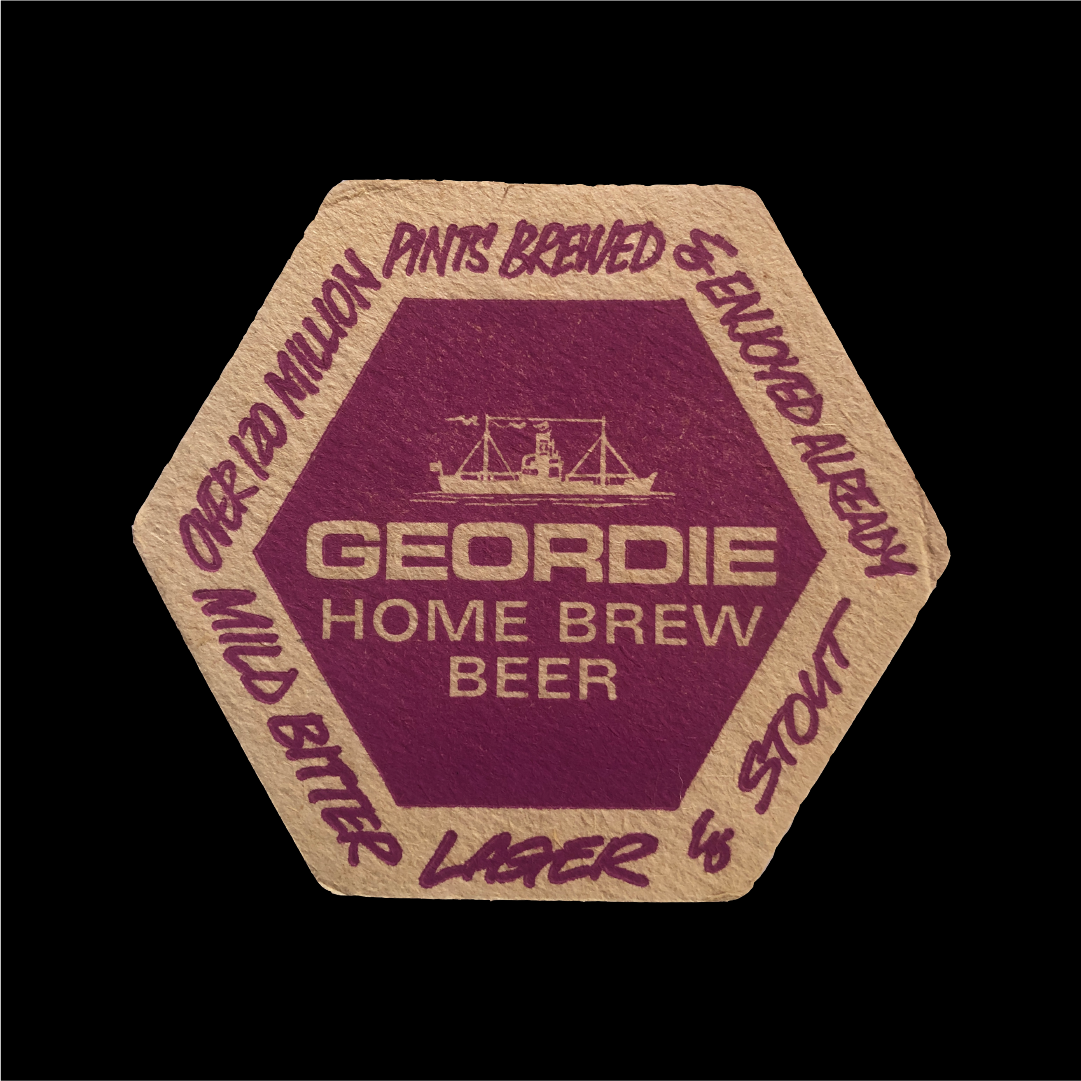
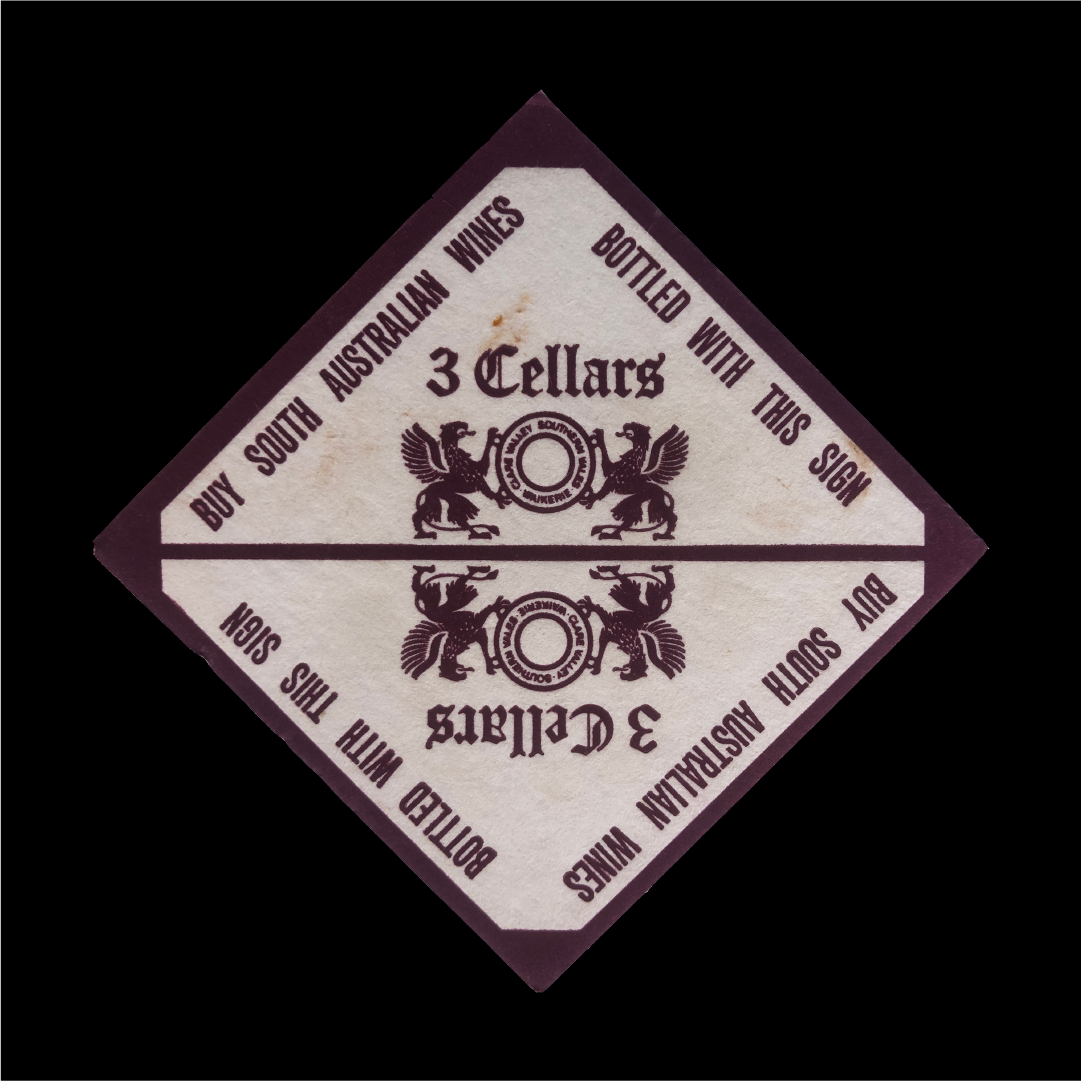
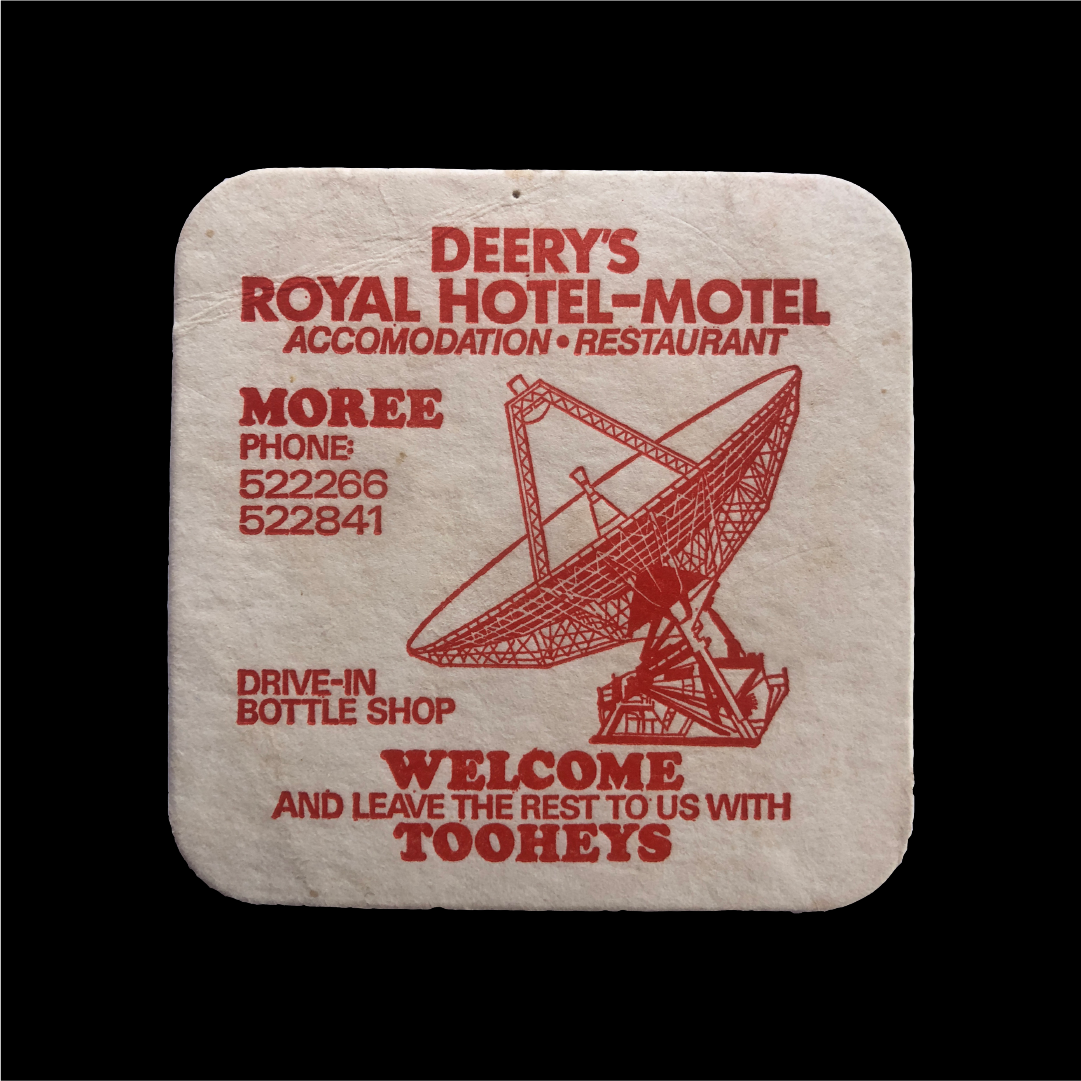
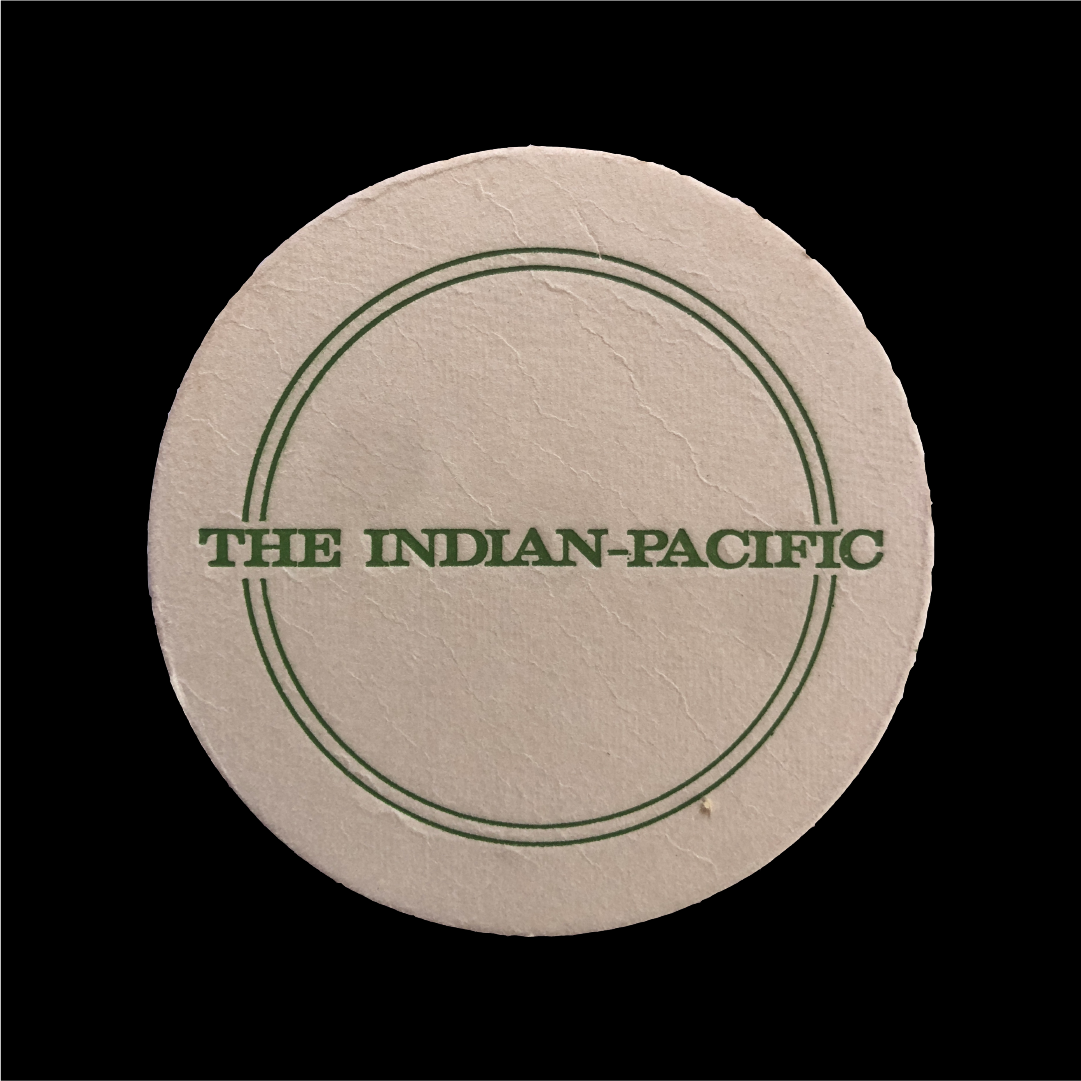
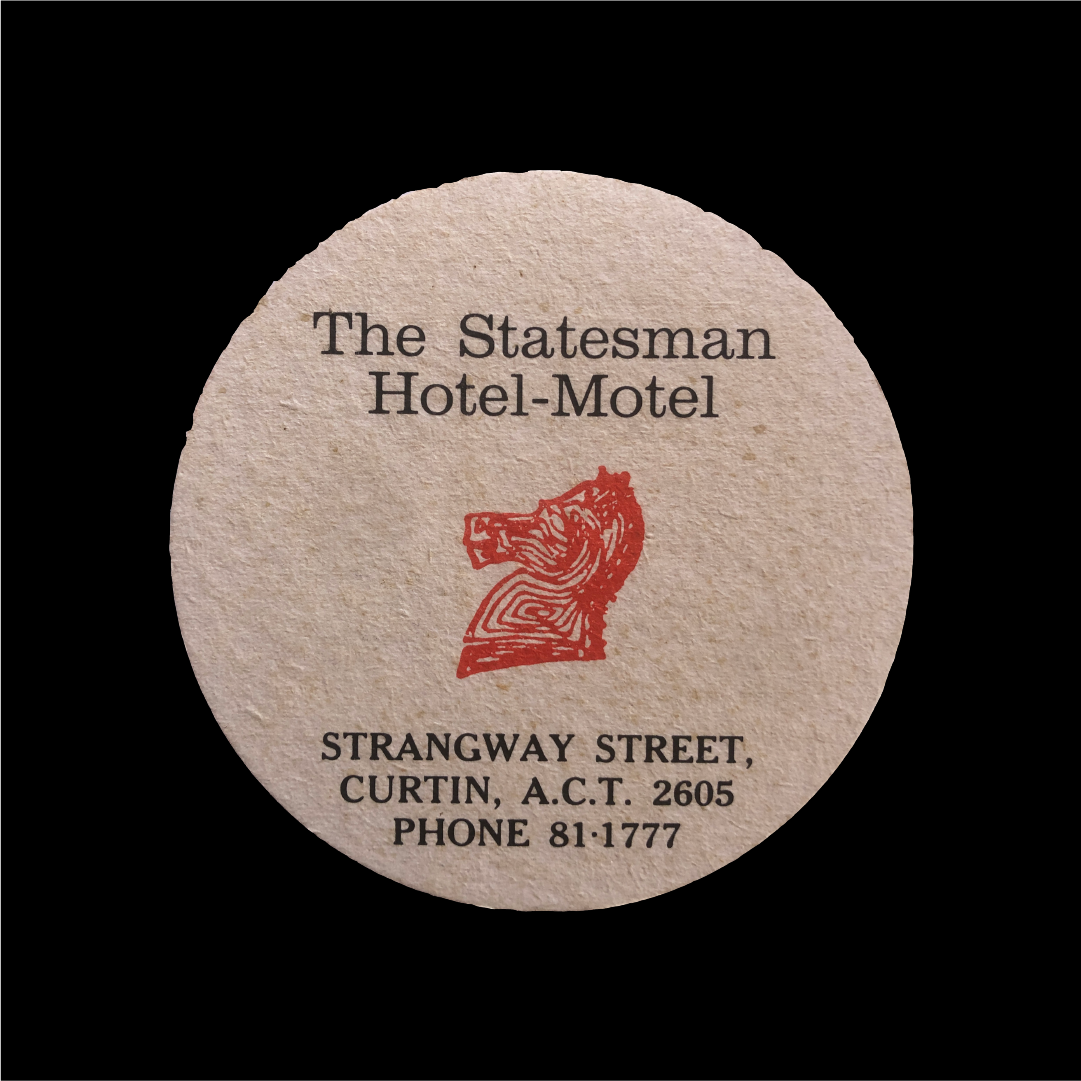
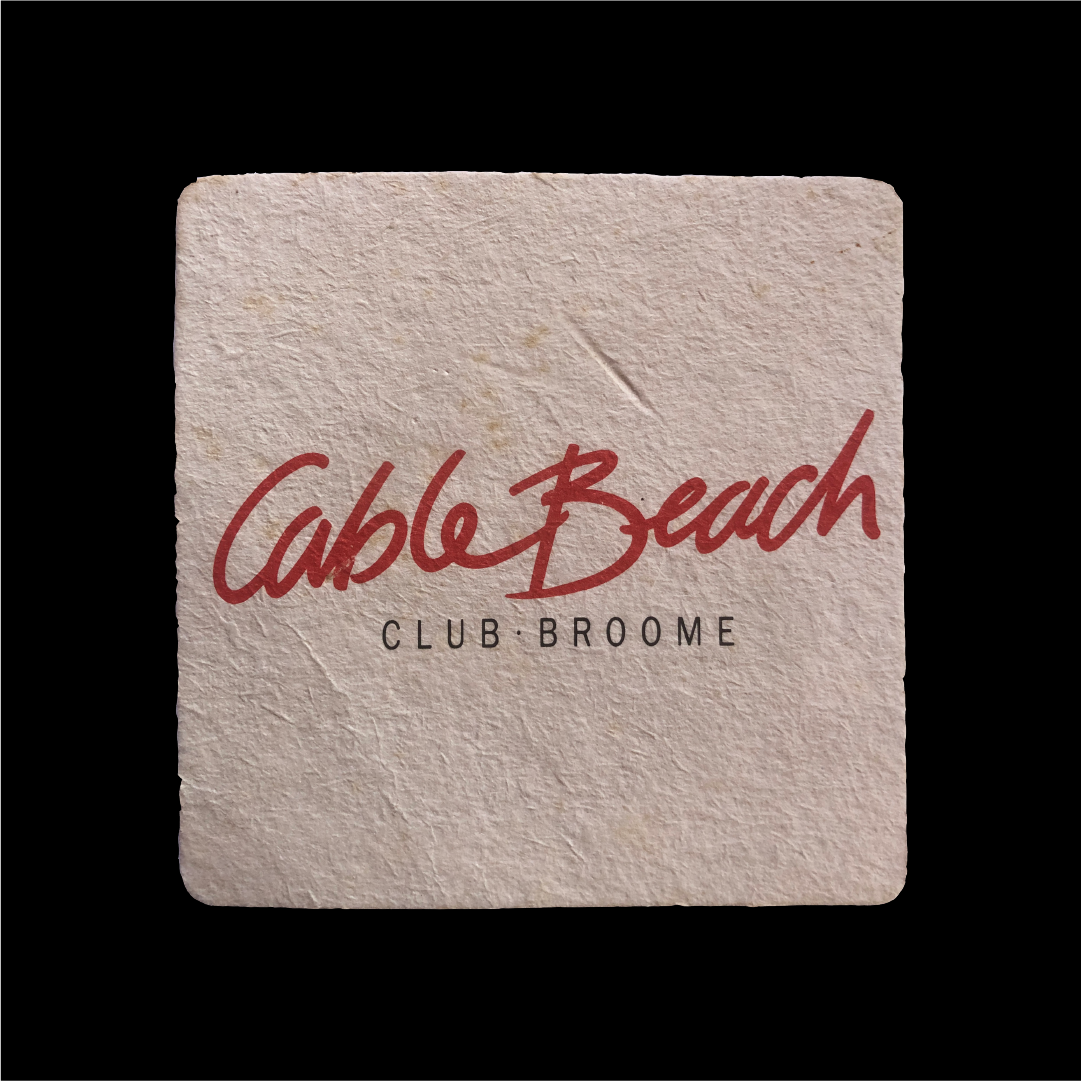
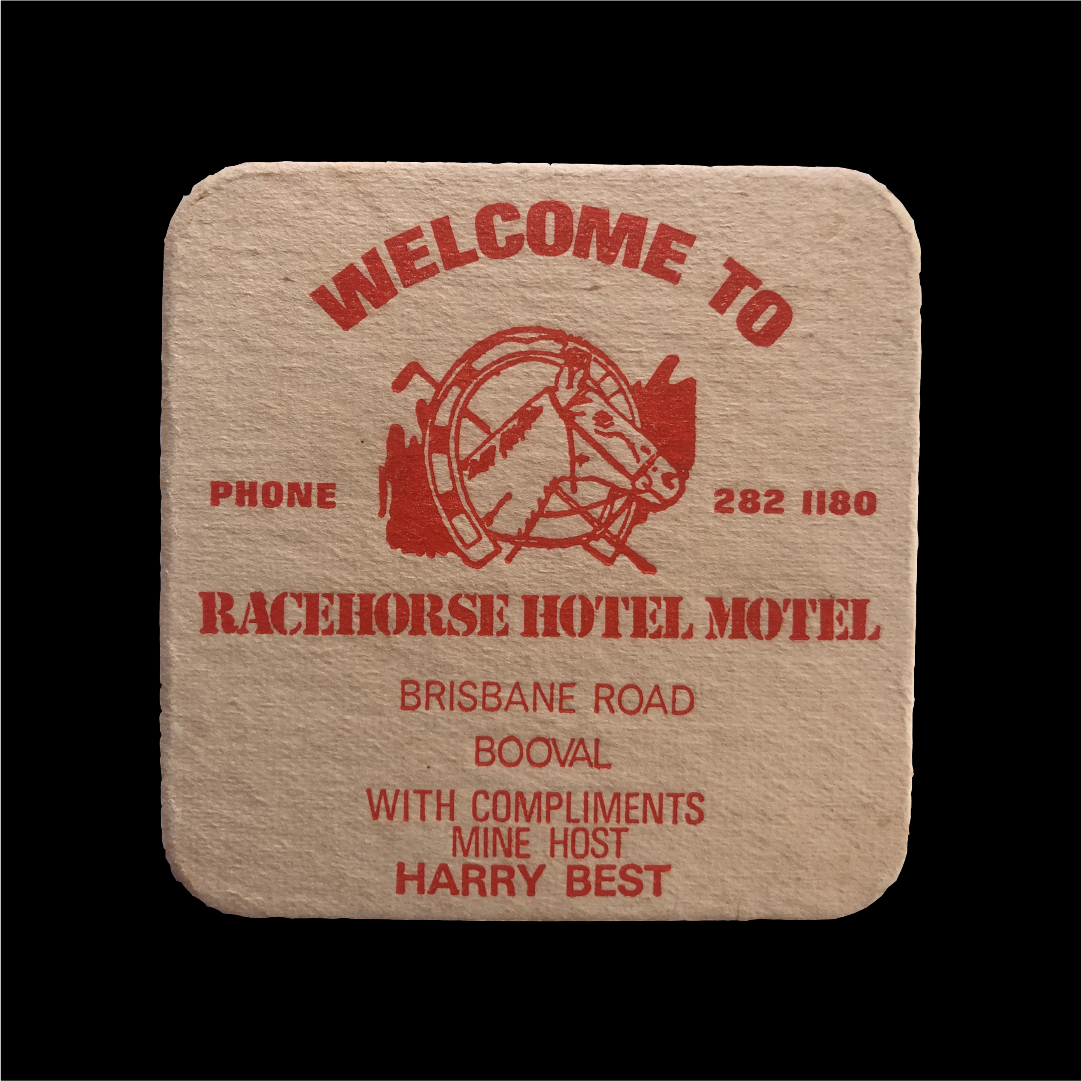
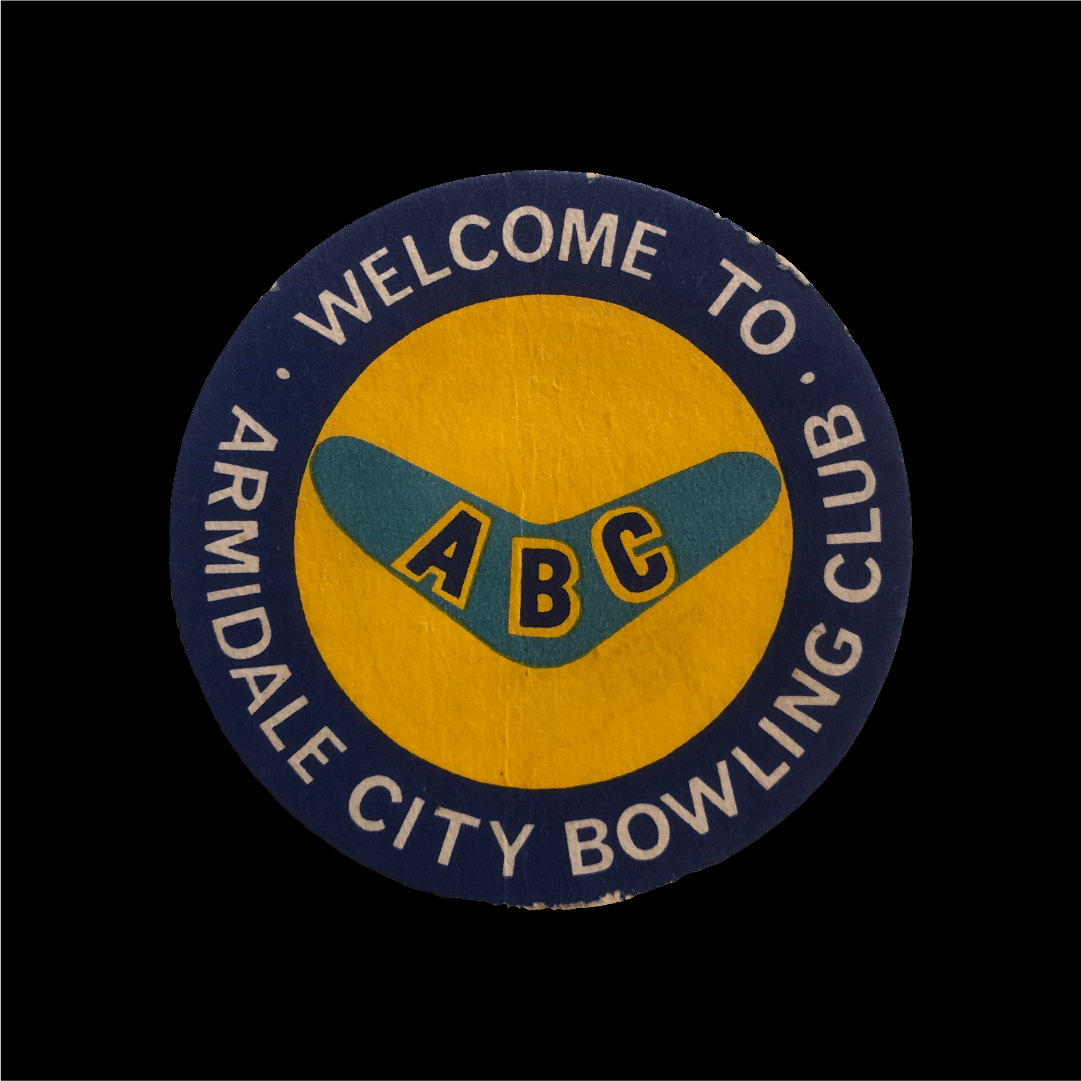
—
We’re thinking about being here, about the G2G Pass and travelling through regions. We’re thinking about hard borders. We’re thinking about family in Victoria and New South Wales, about friends in the UK, India and the United States. We’re thinking about when we might see them again and when we might get to visit. We’re thinking about how maybe we used up all the time we had, that it was just a moment, and that this is how it is now. We’re thinking about how we talk about ourselves and the places we come from, how we advertise a vision. We’re thinking about travellers and tourists and citizens and leisure and relaxation. We’re thinking about drinks with mates.
—
![]()
We’re thinking about being here, about the G2G Pass and travelling through regions. We’re thinking about hard borders. We’re thinking about family in Victoria and New South Wales, about friends in the UK, India and the United States. We’re thinking about when we might see them again and when we might get to visit. We’re thinking about how maybe we used up all the time we had, that it was just a moment, and that this is how it is now. We’re thinking about how we talk about ourselves and the places we come from, how we advertise a vision. We’re thinking about travellers and tourists and citizens and leisure and relaxation. We’re thinking about drinks with mates.
—
